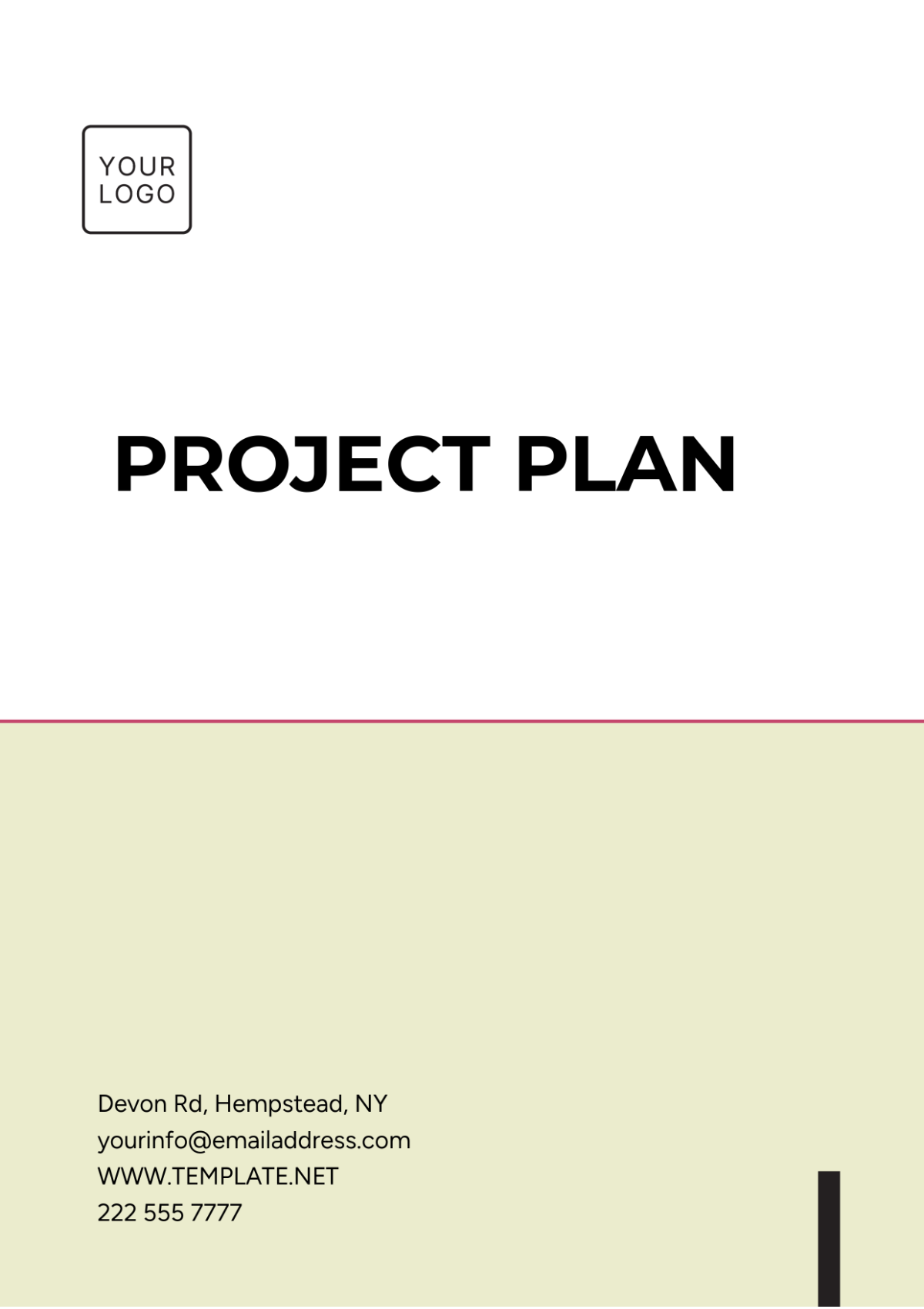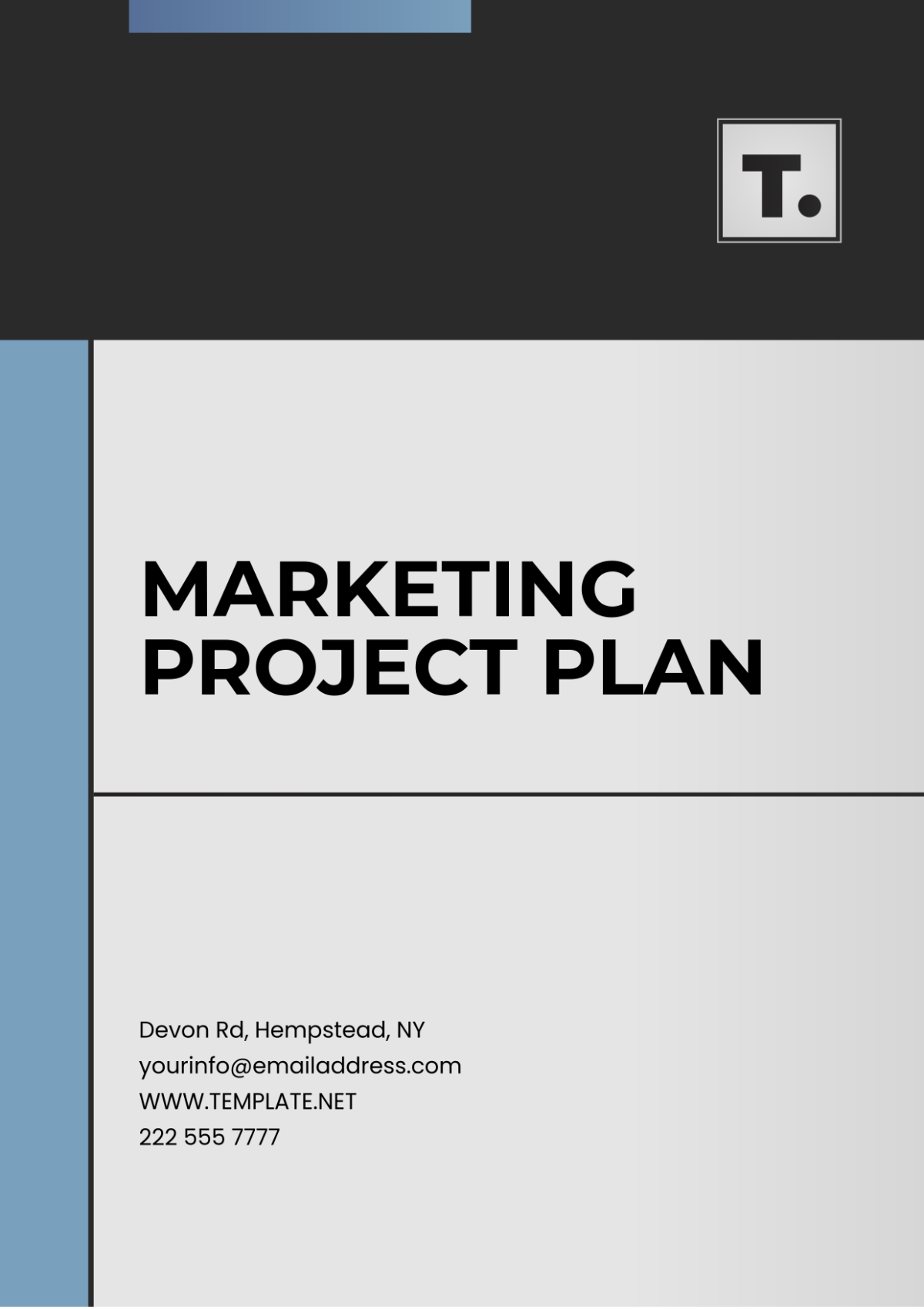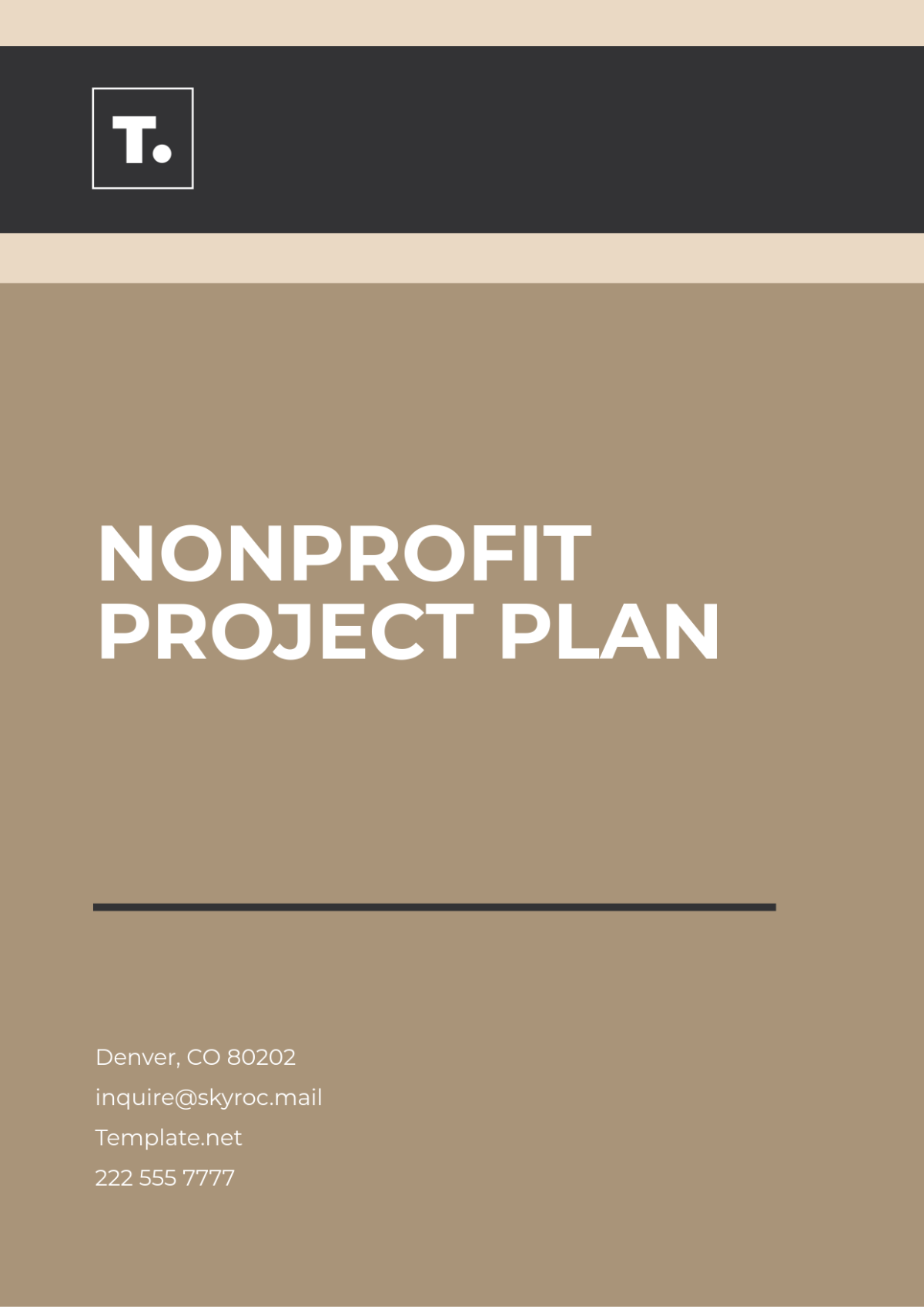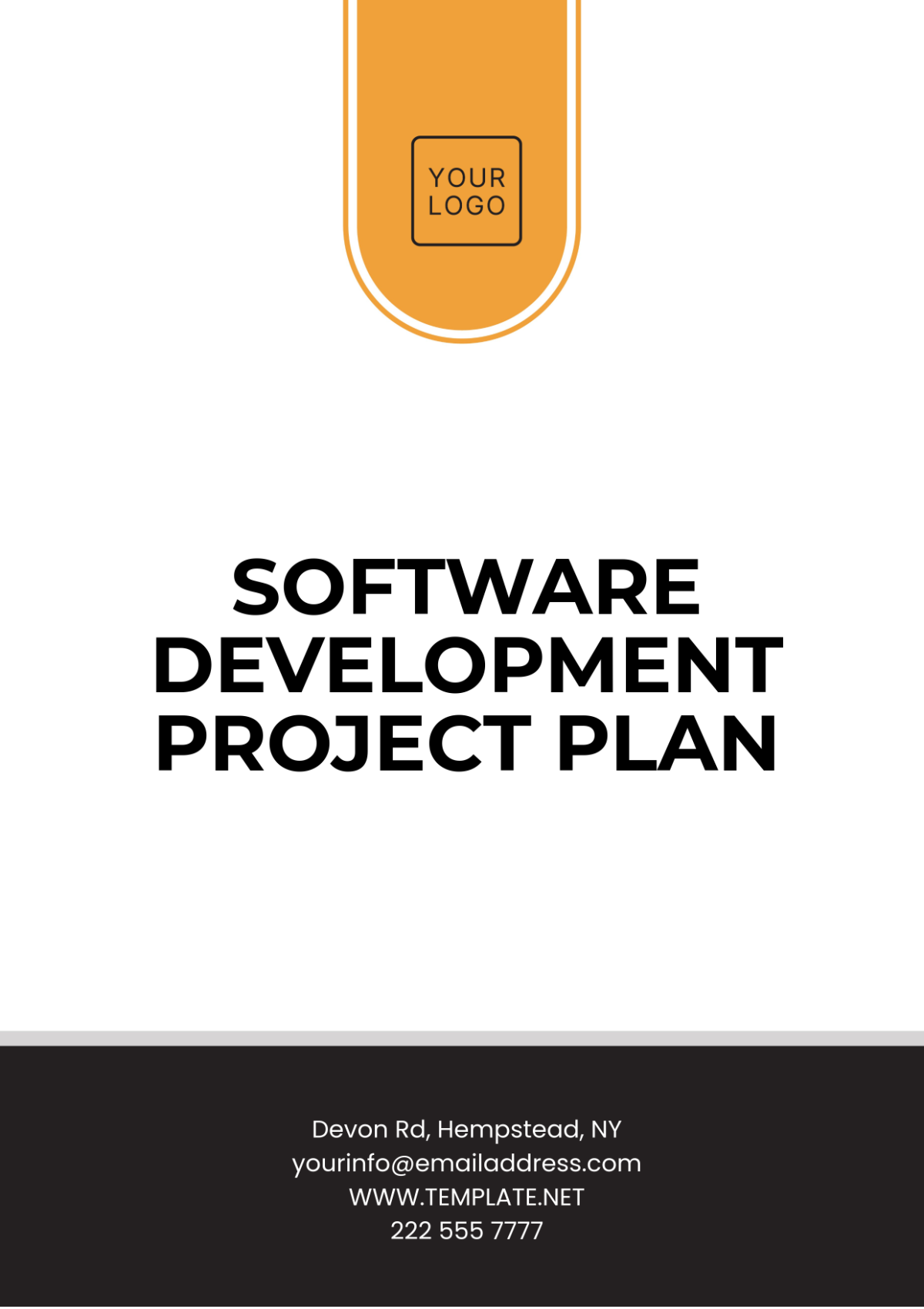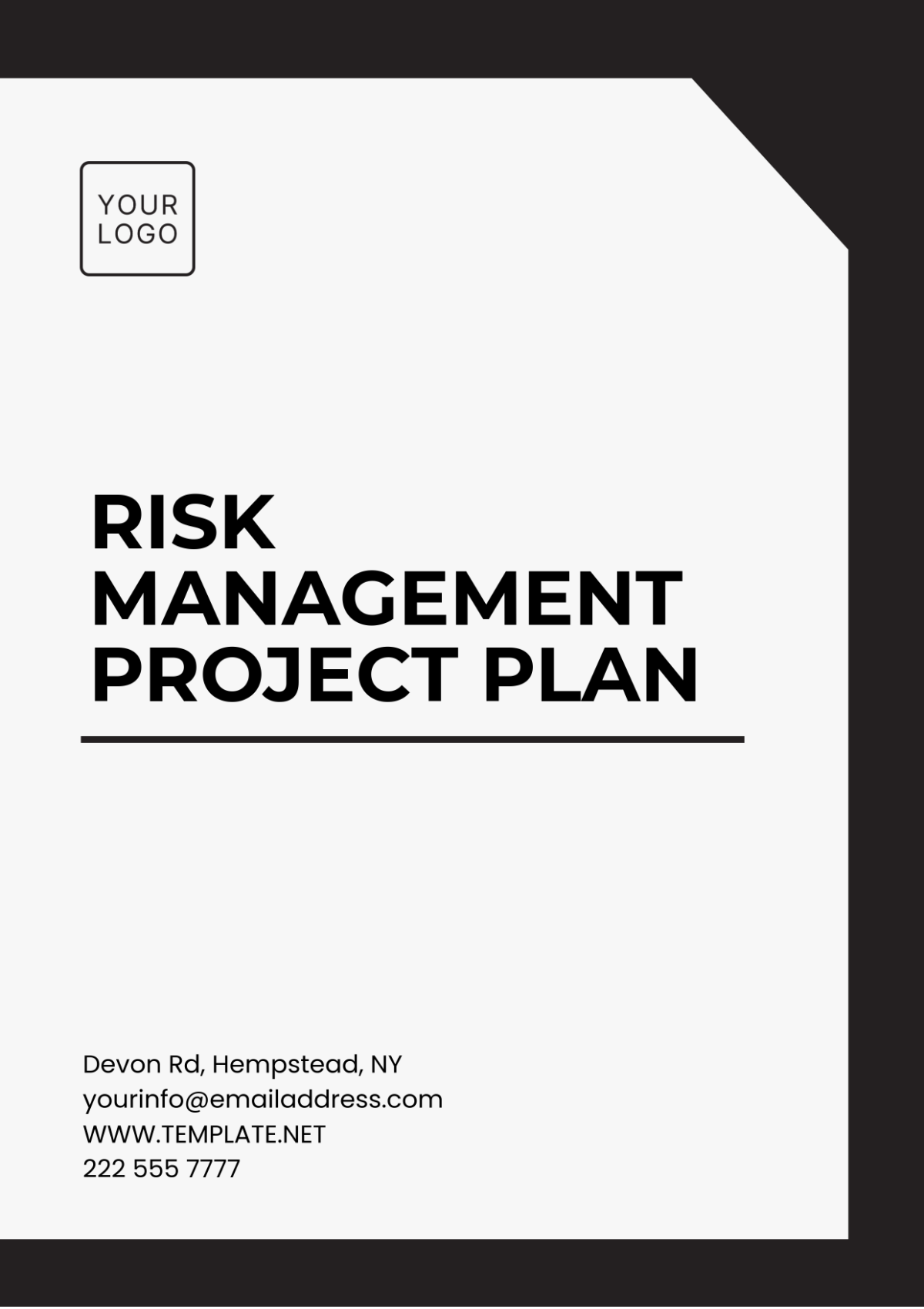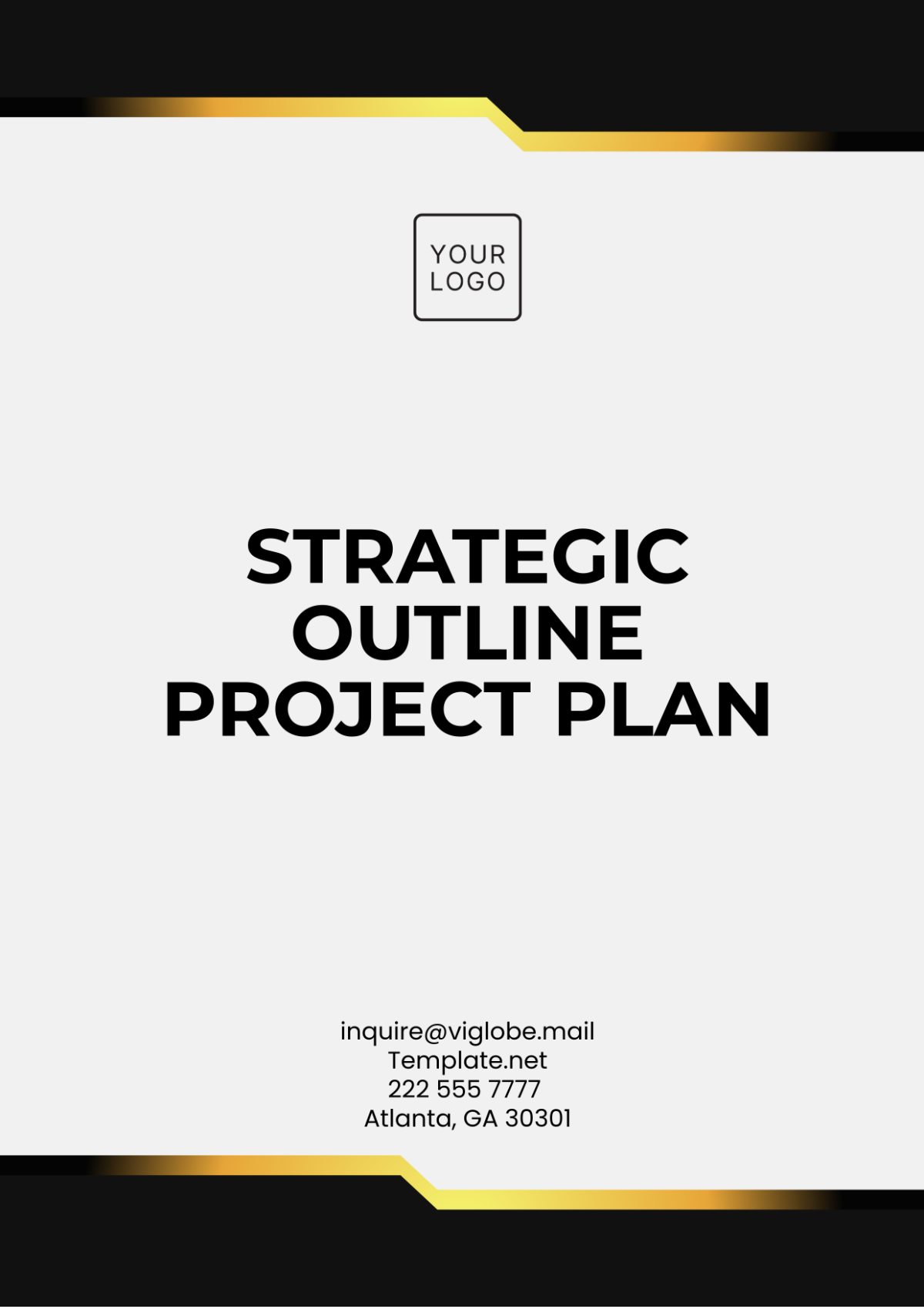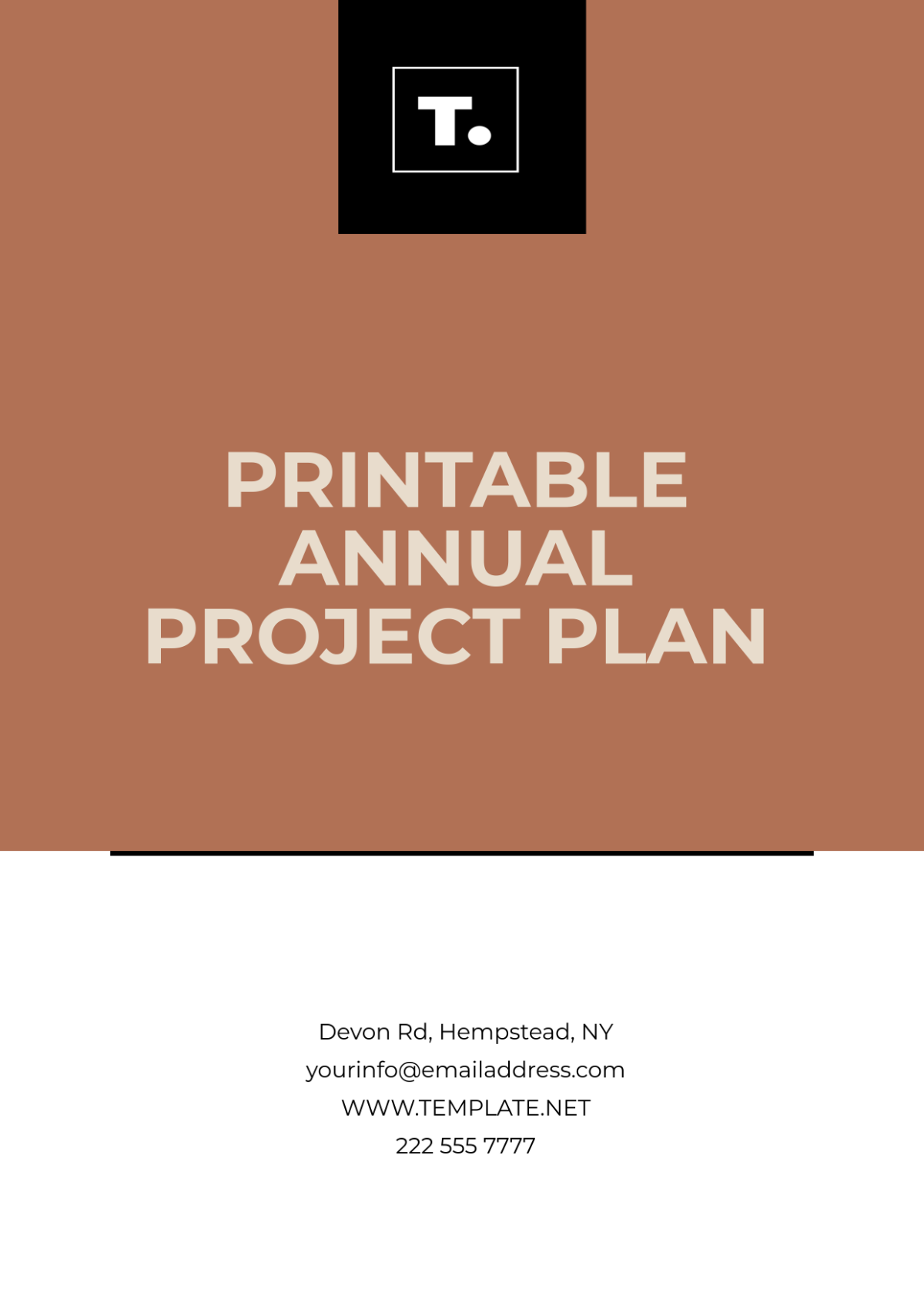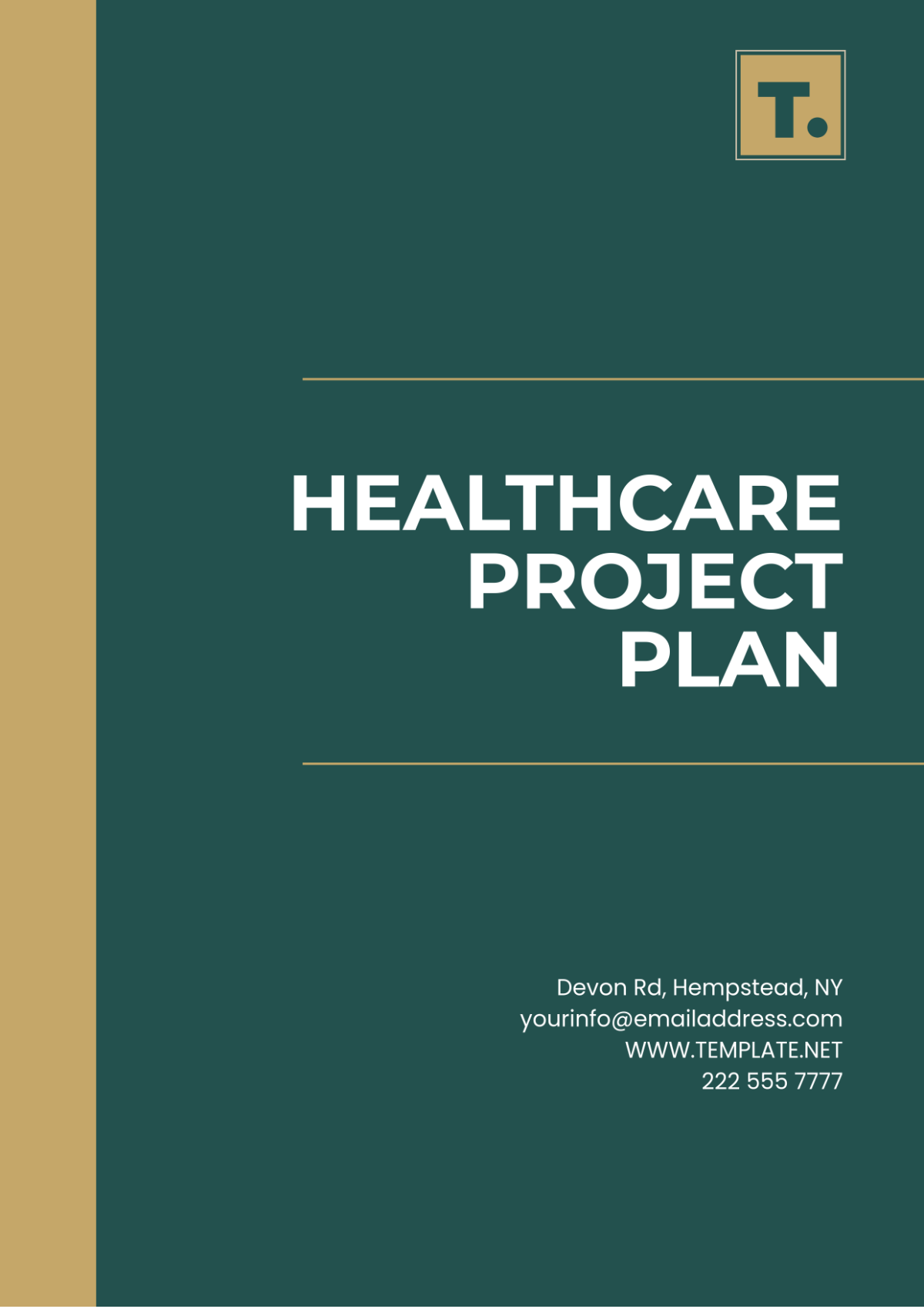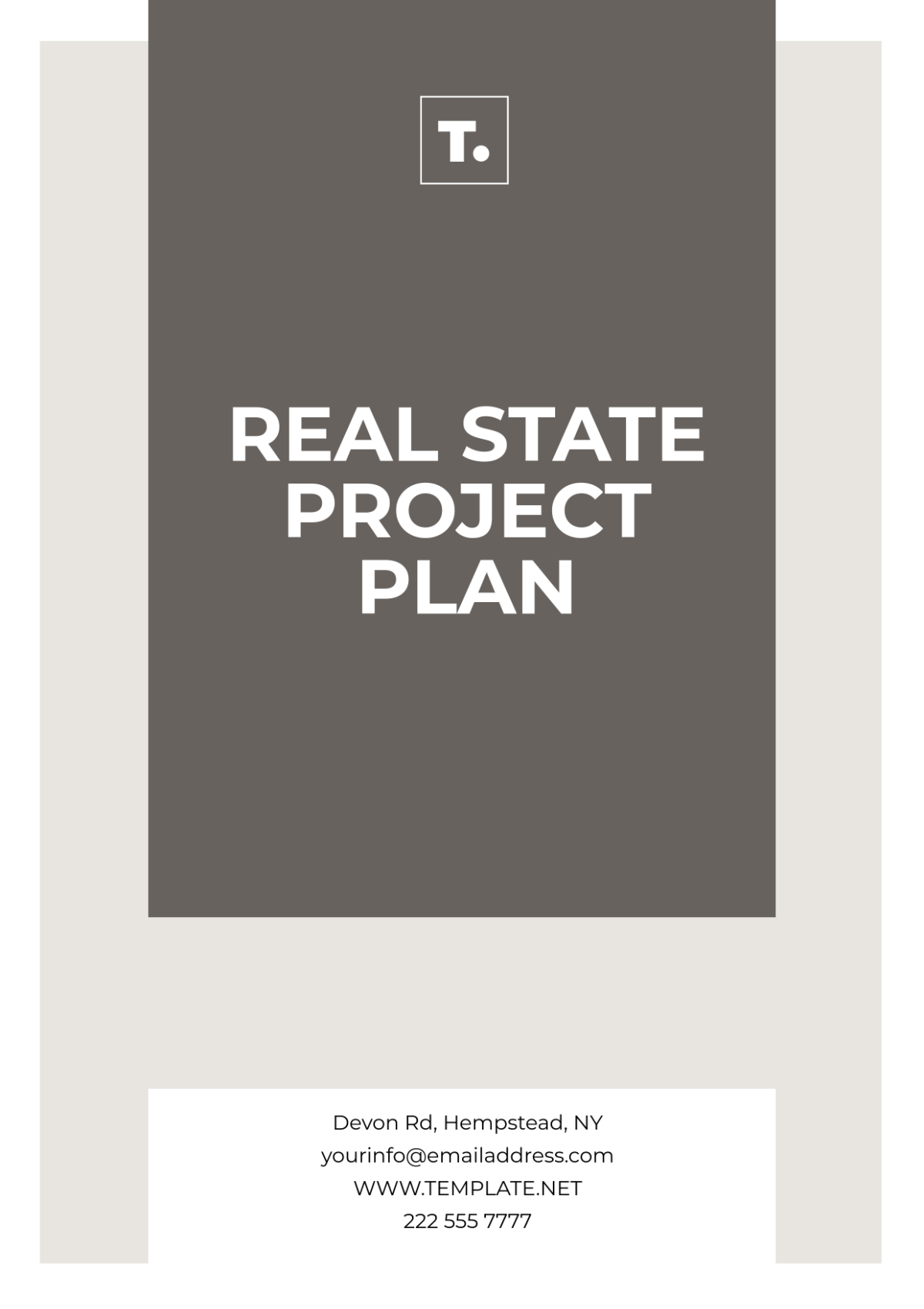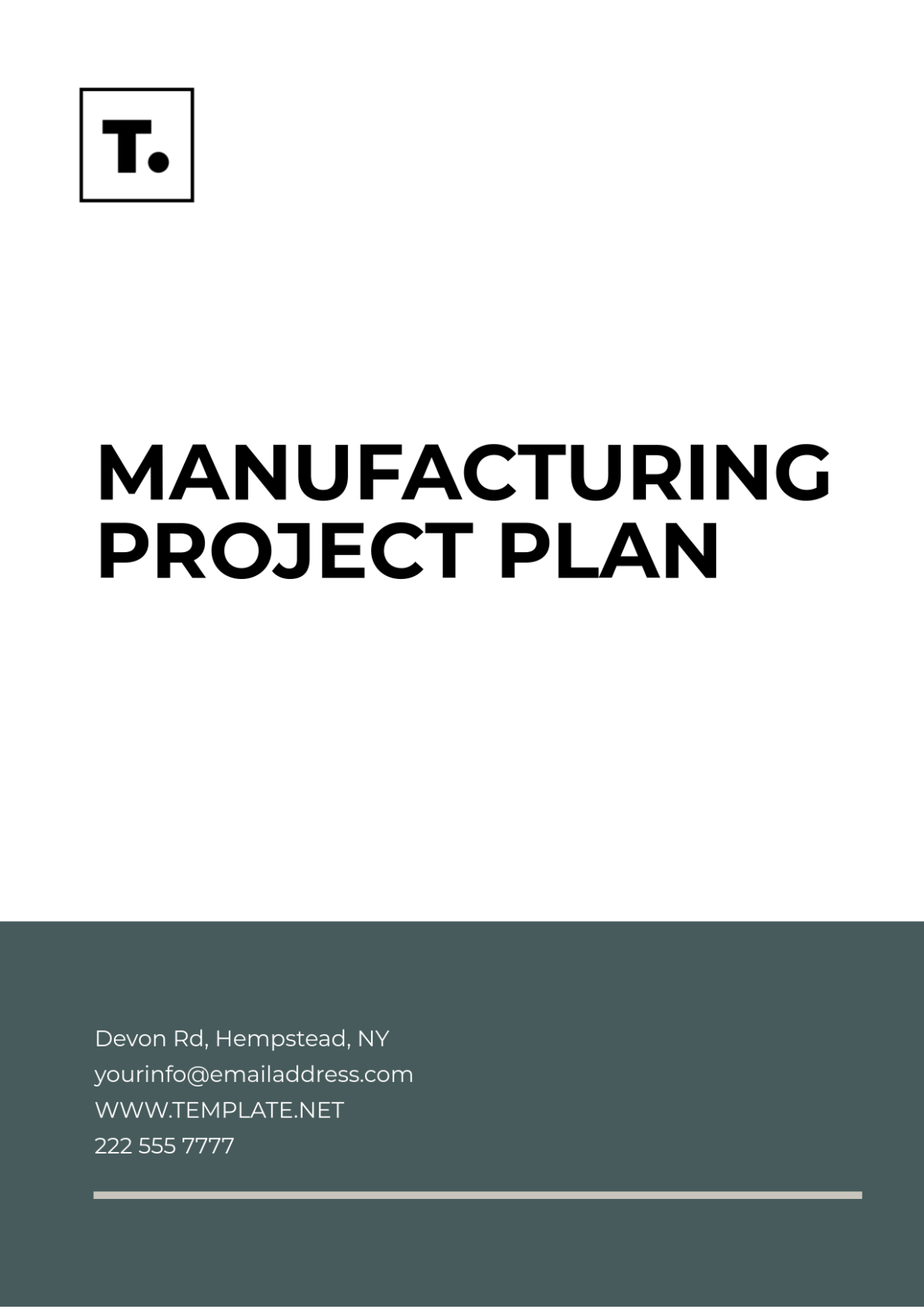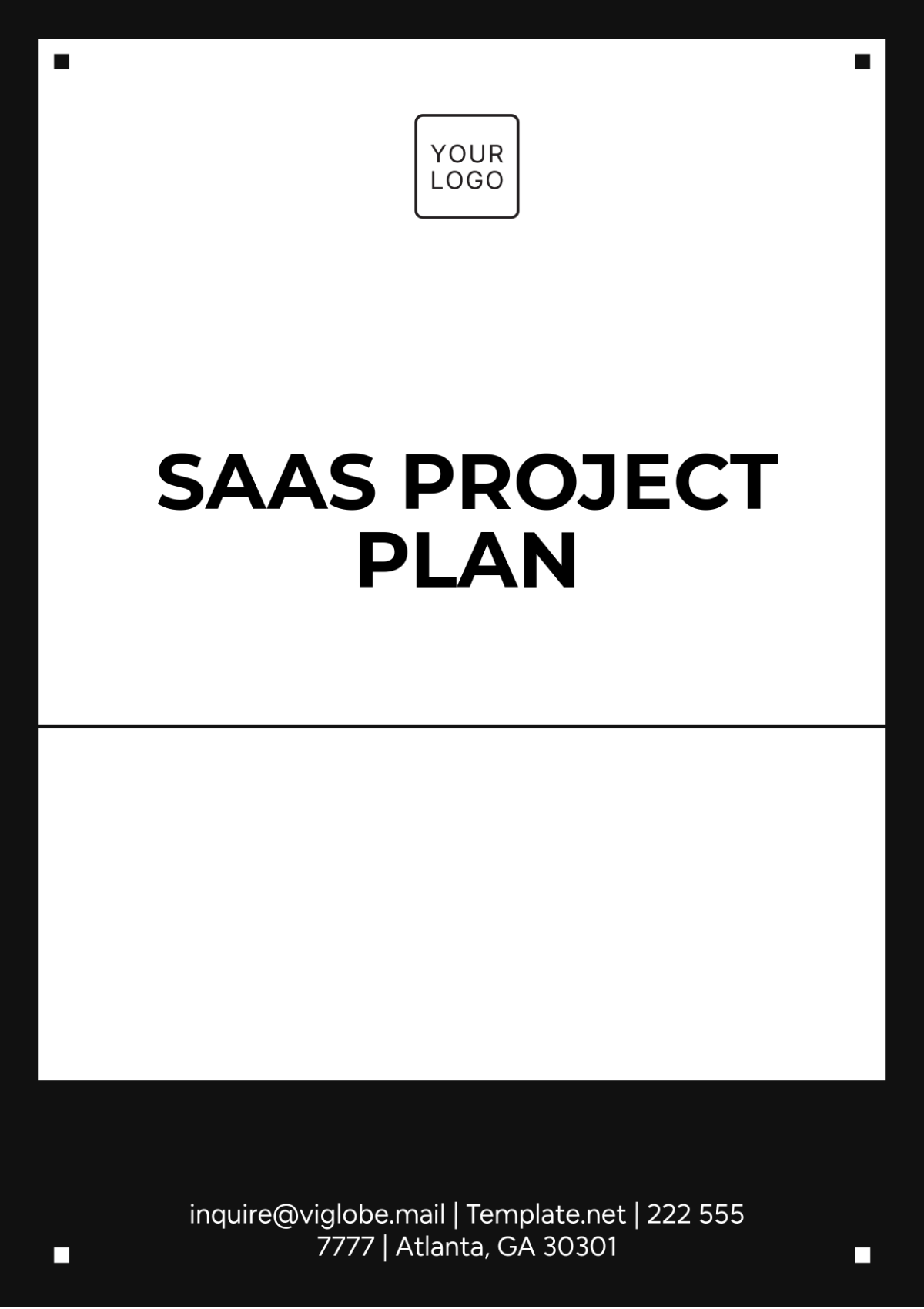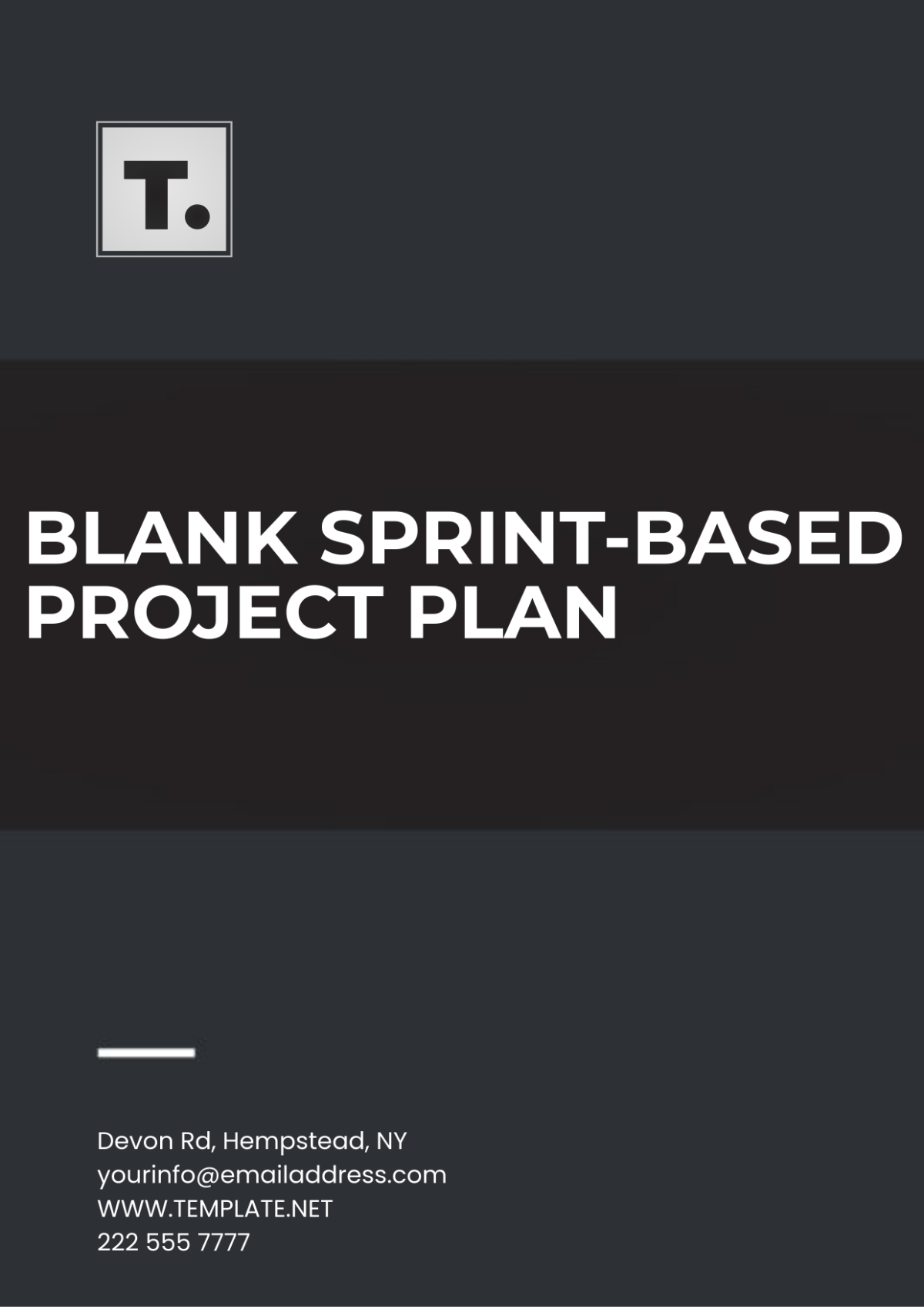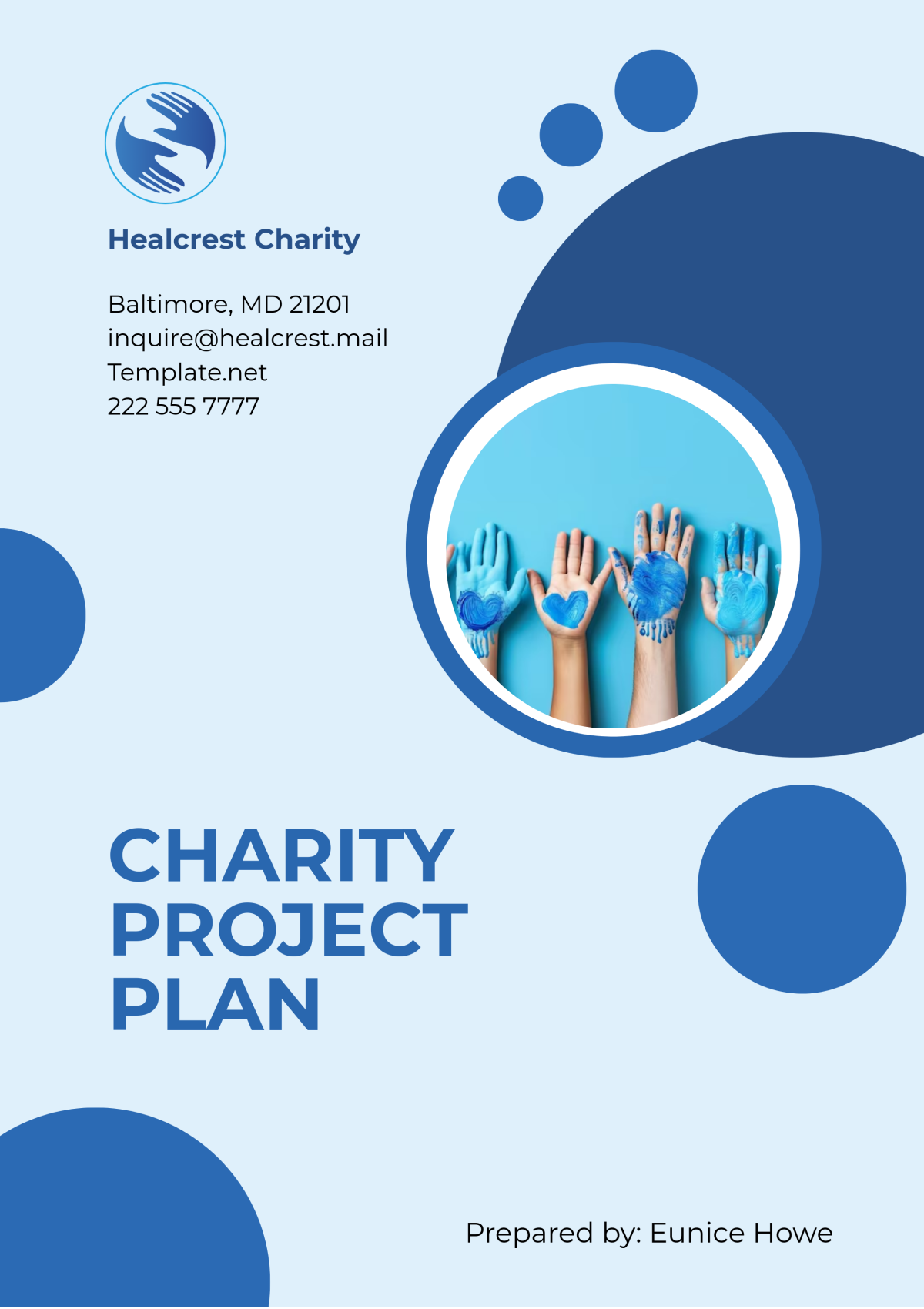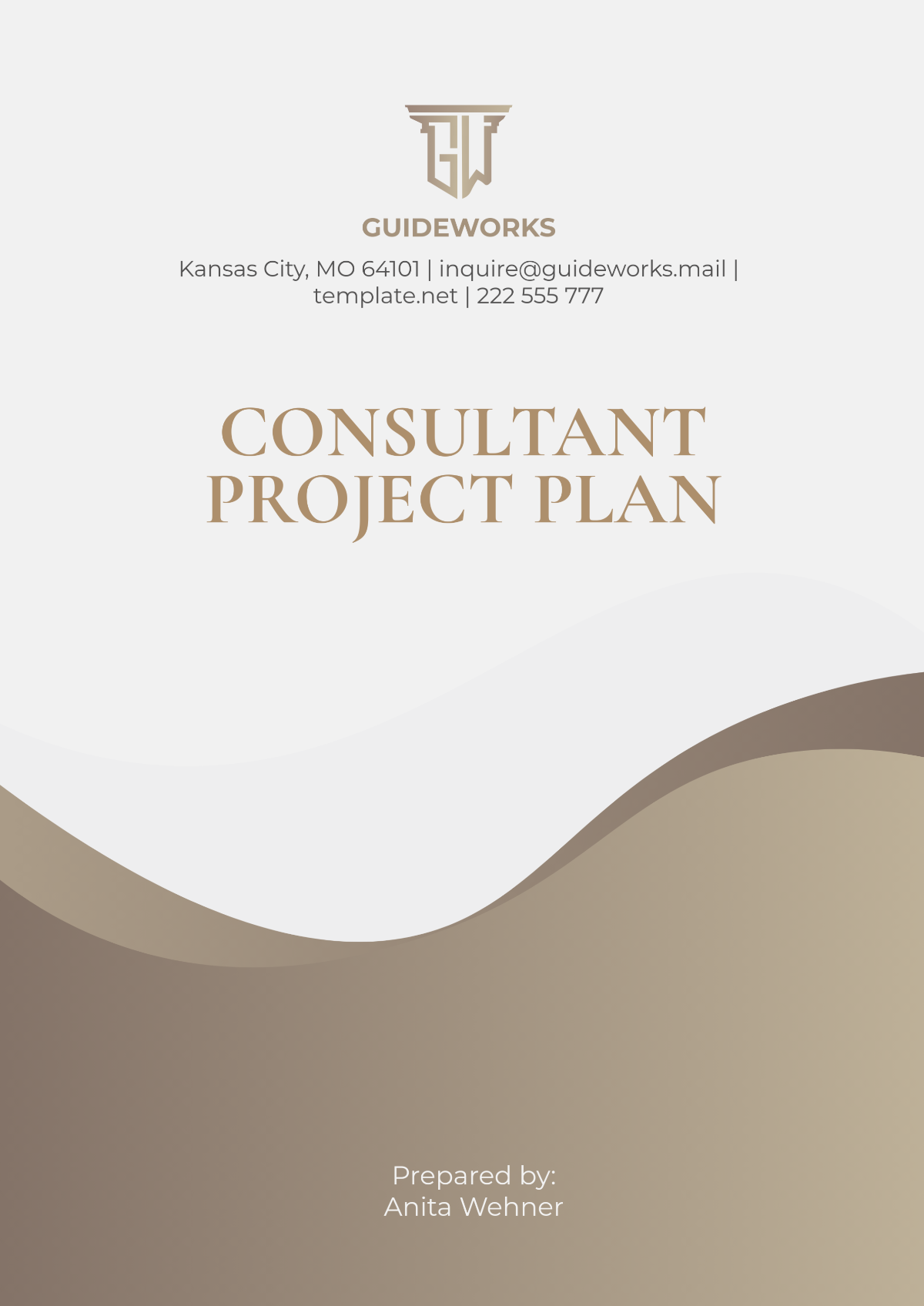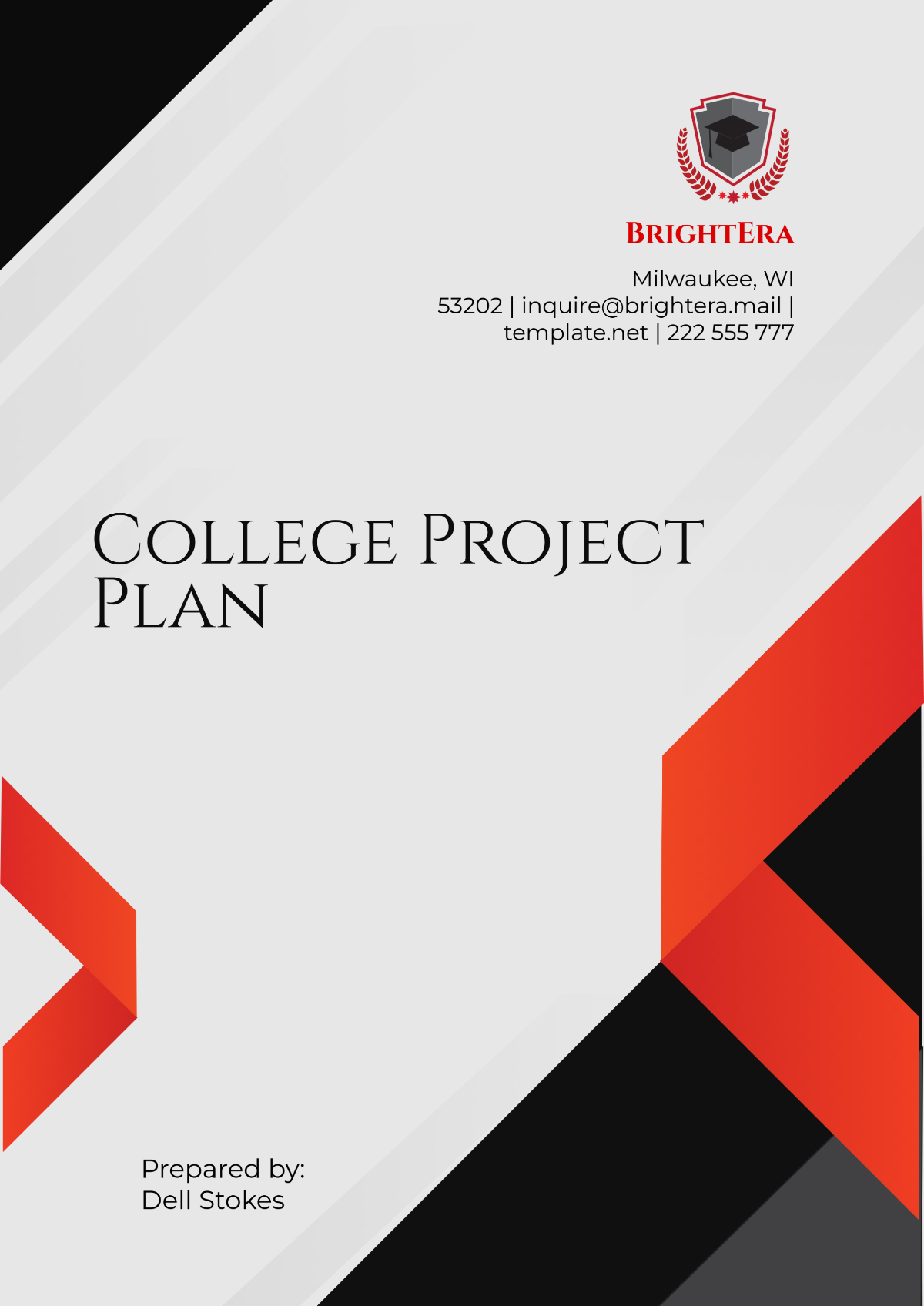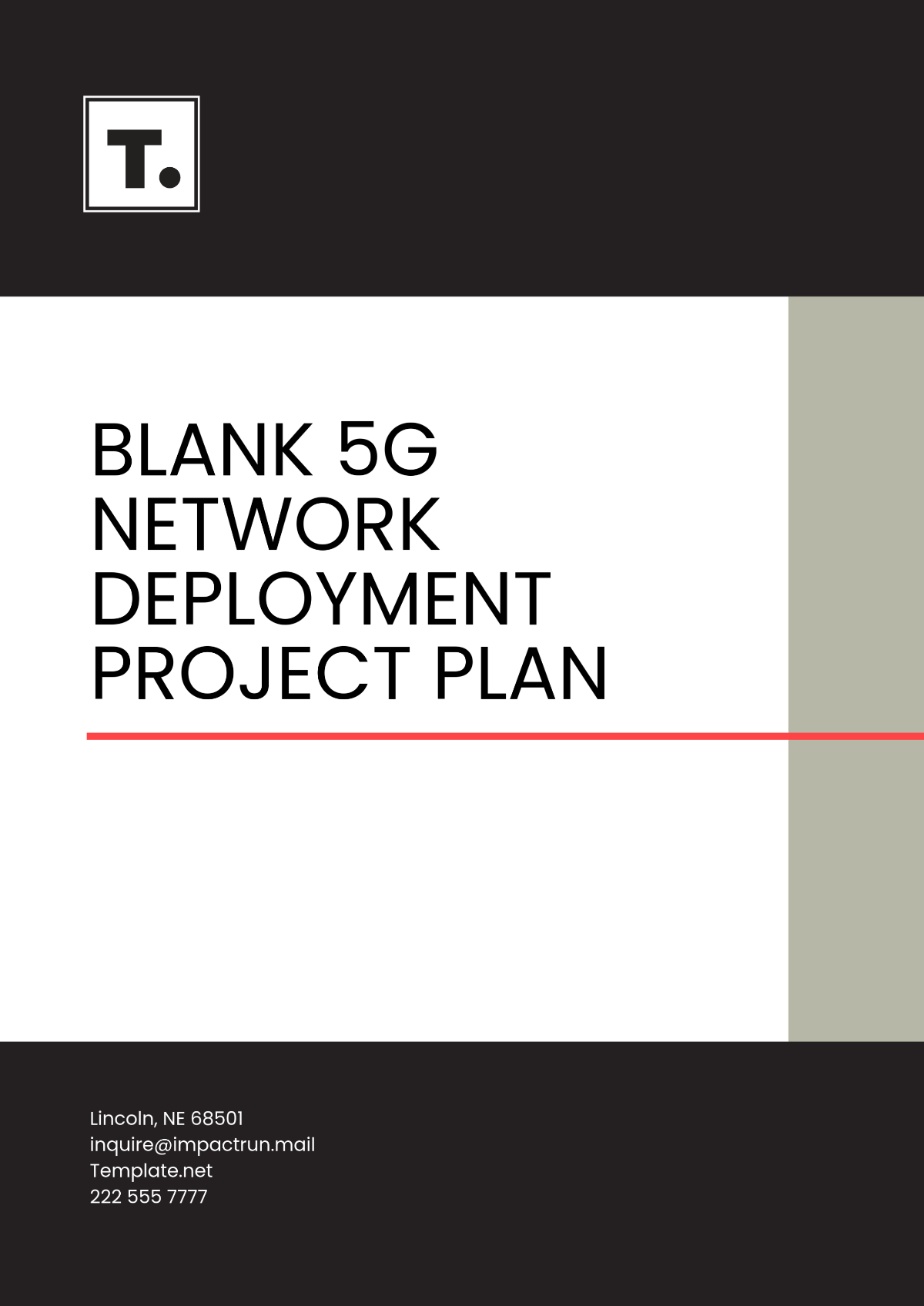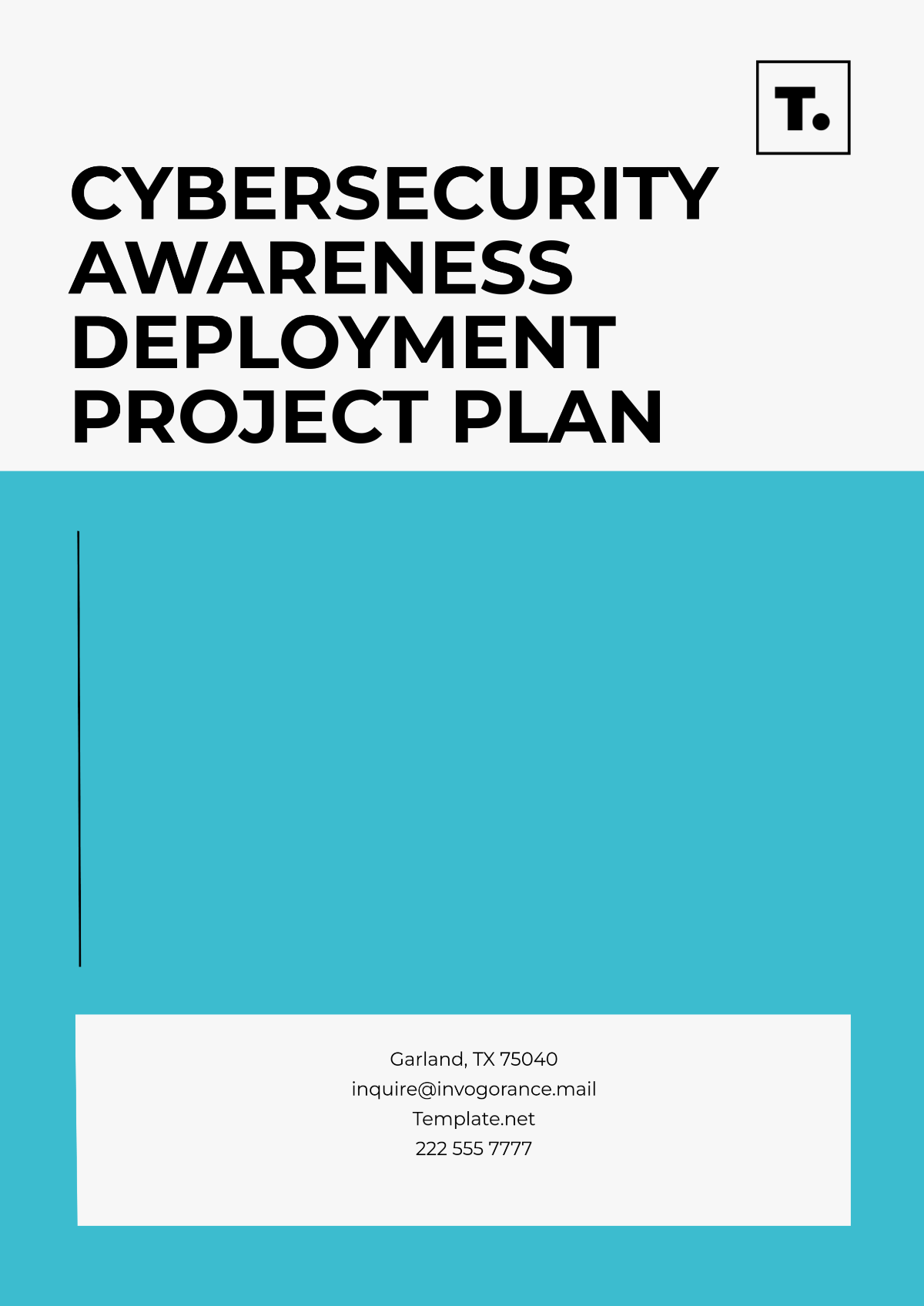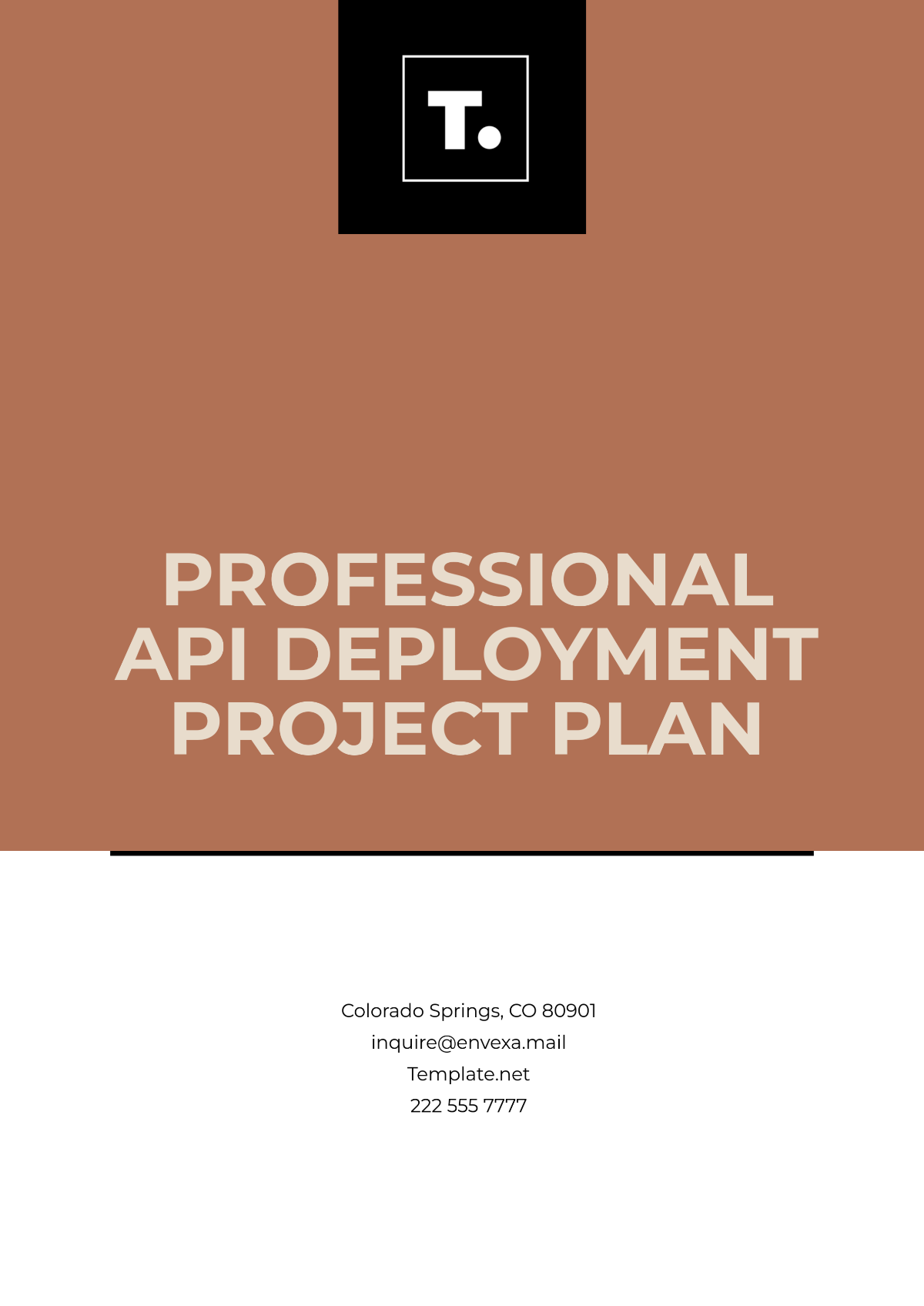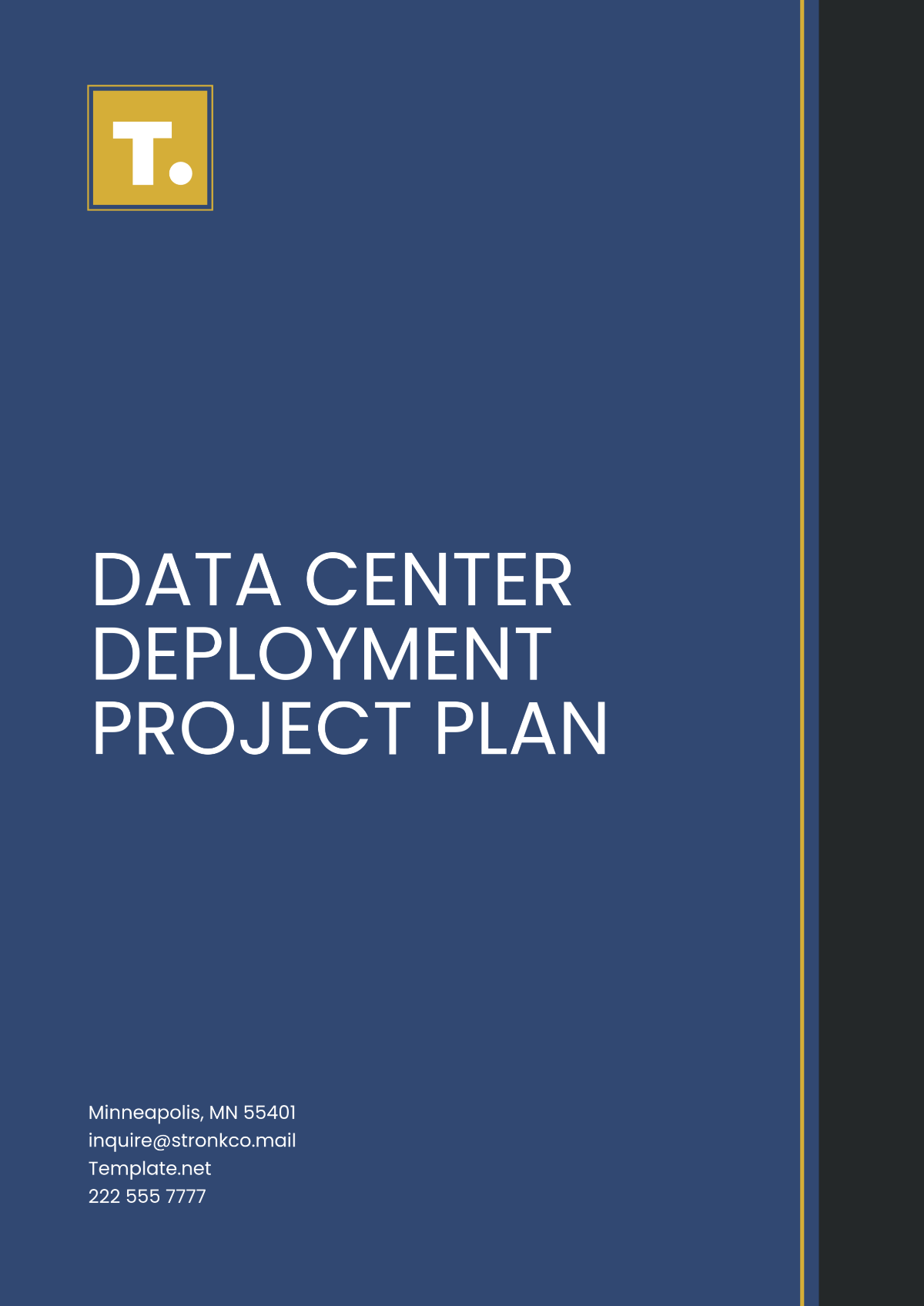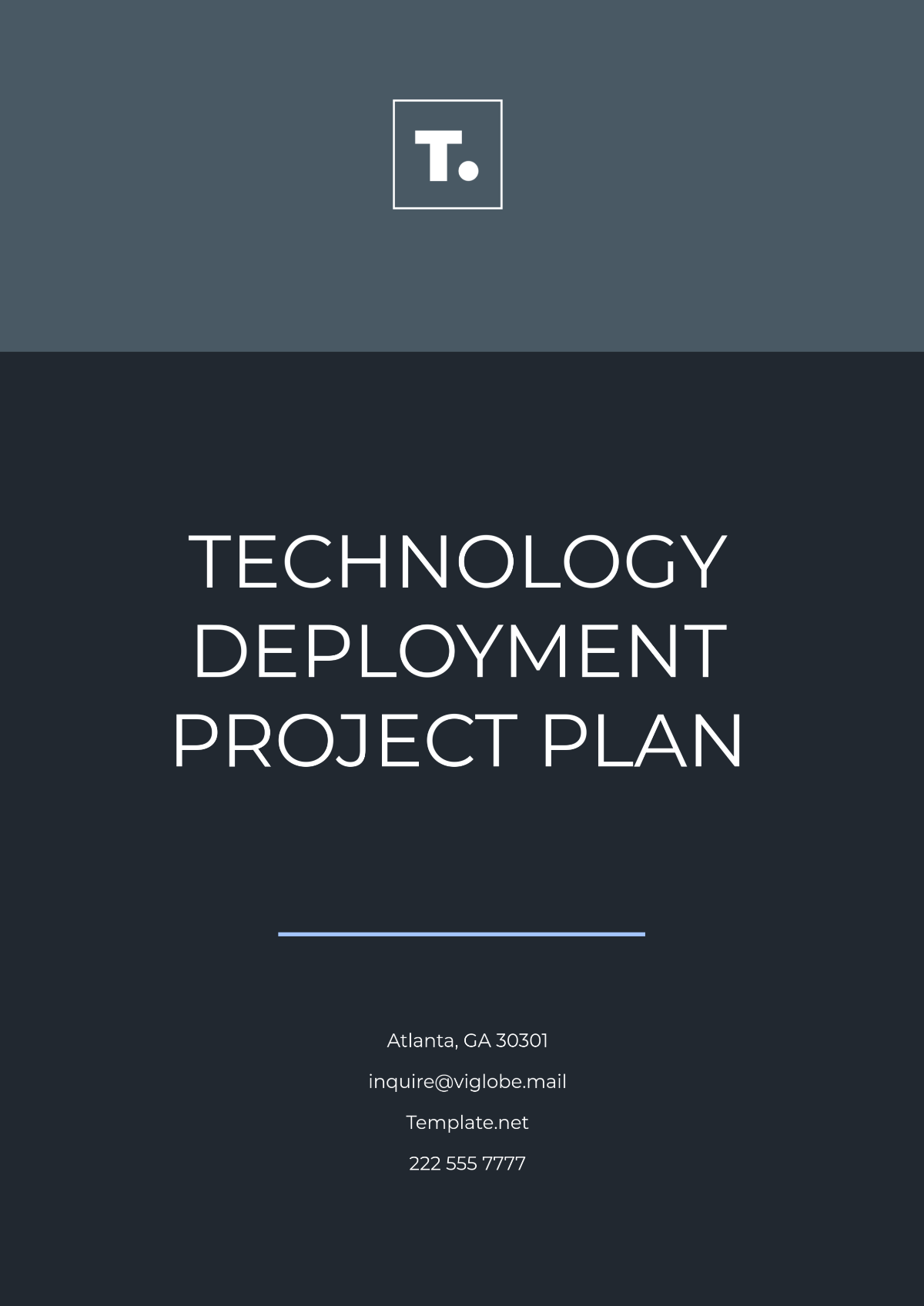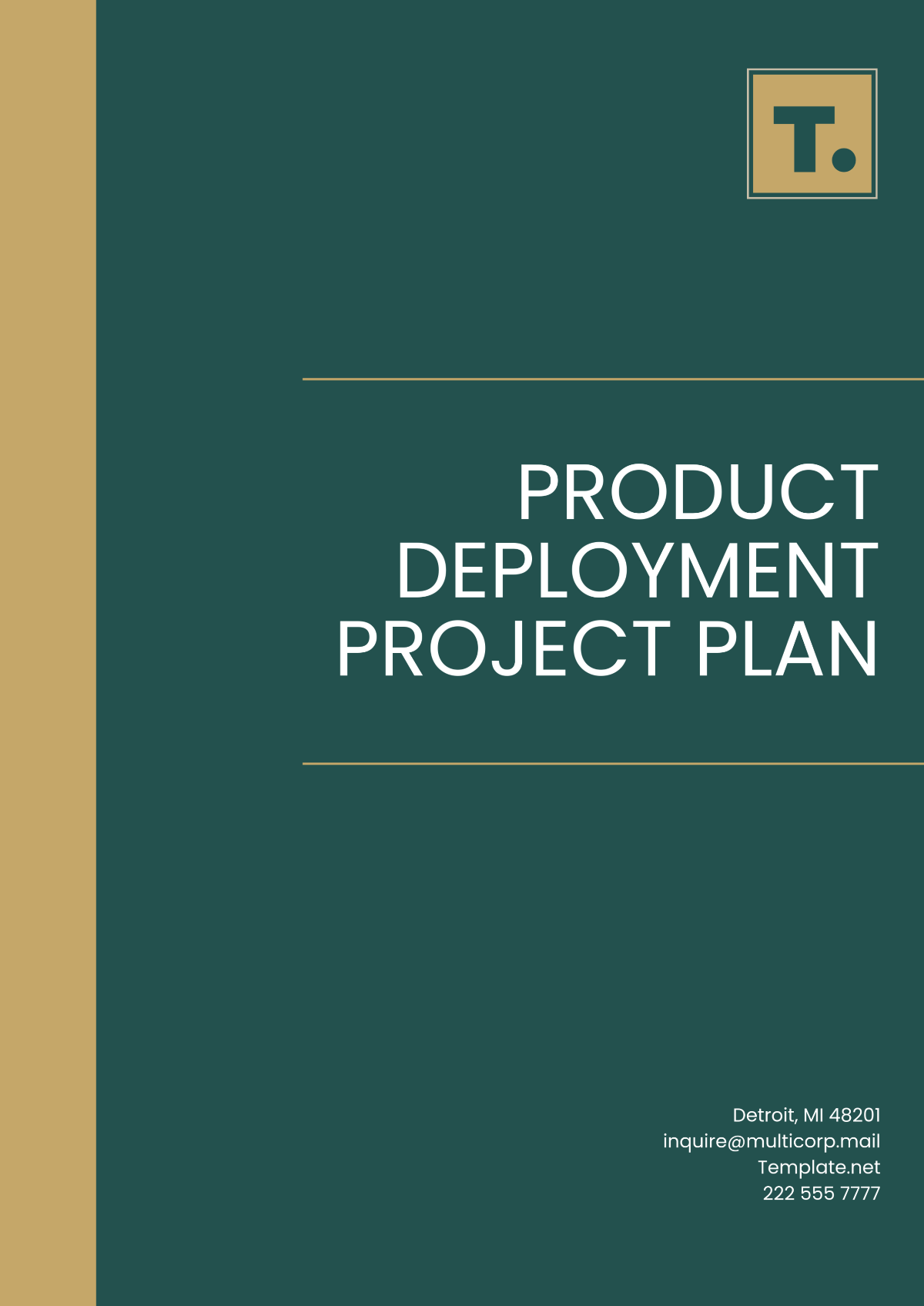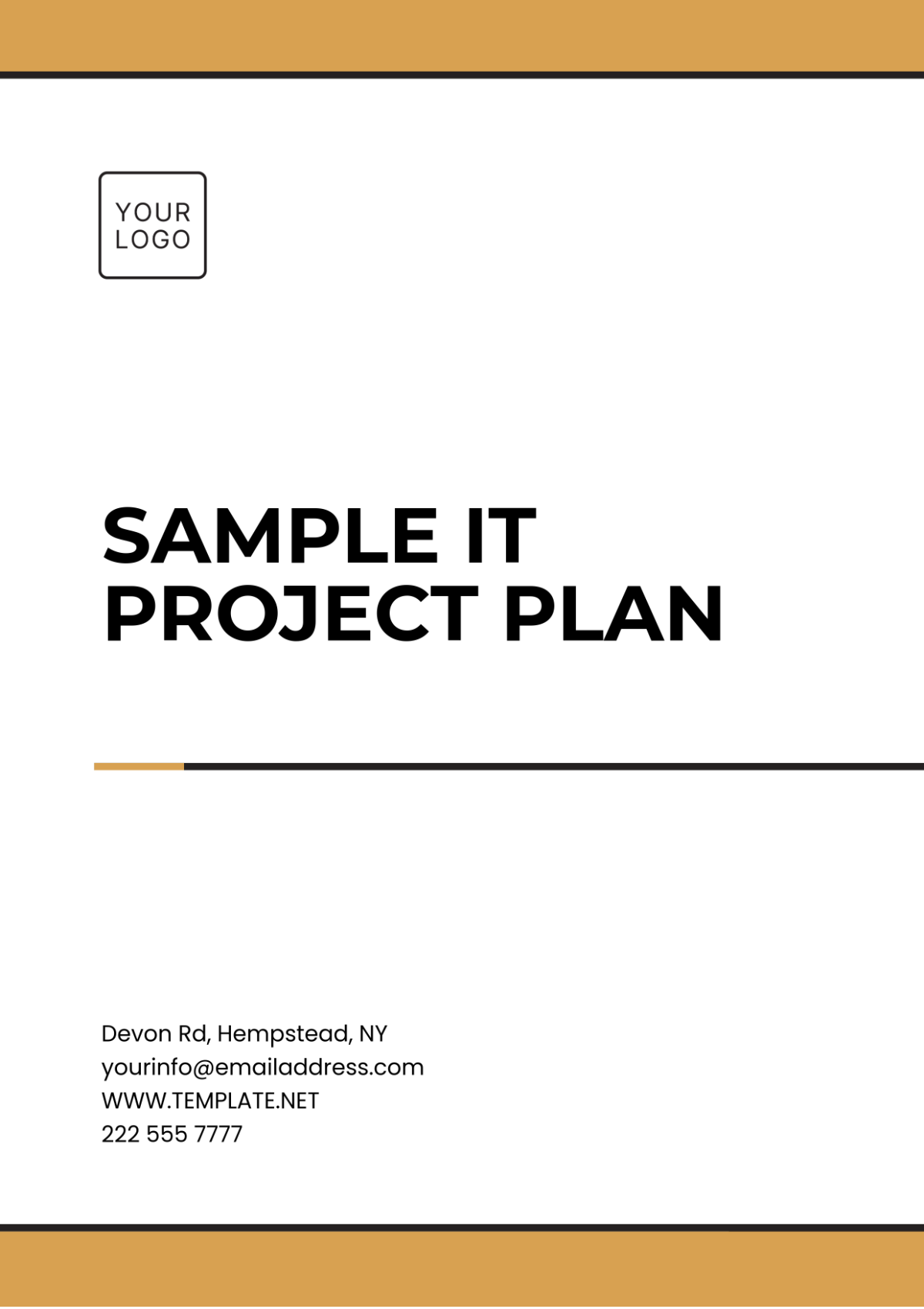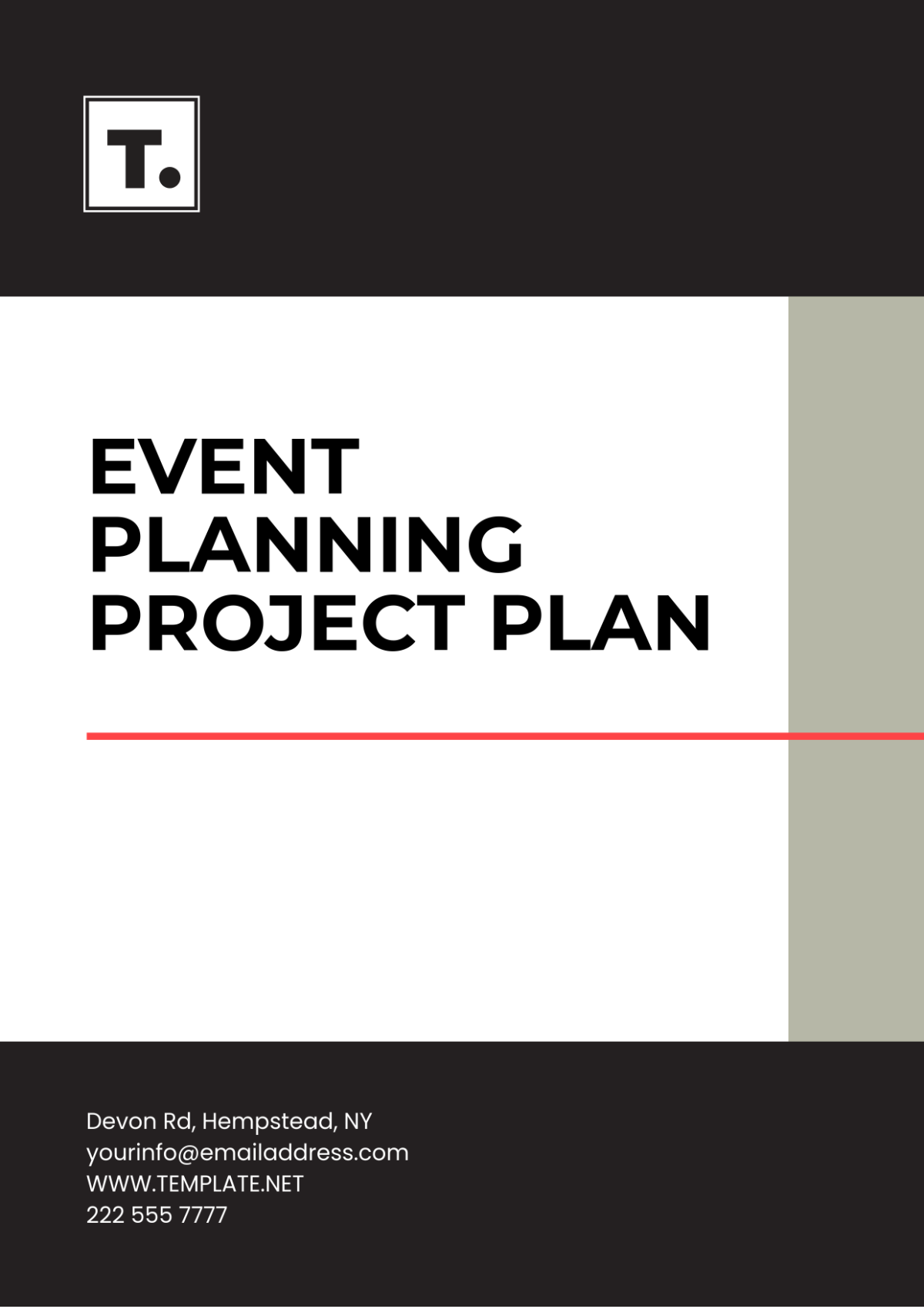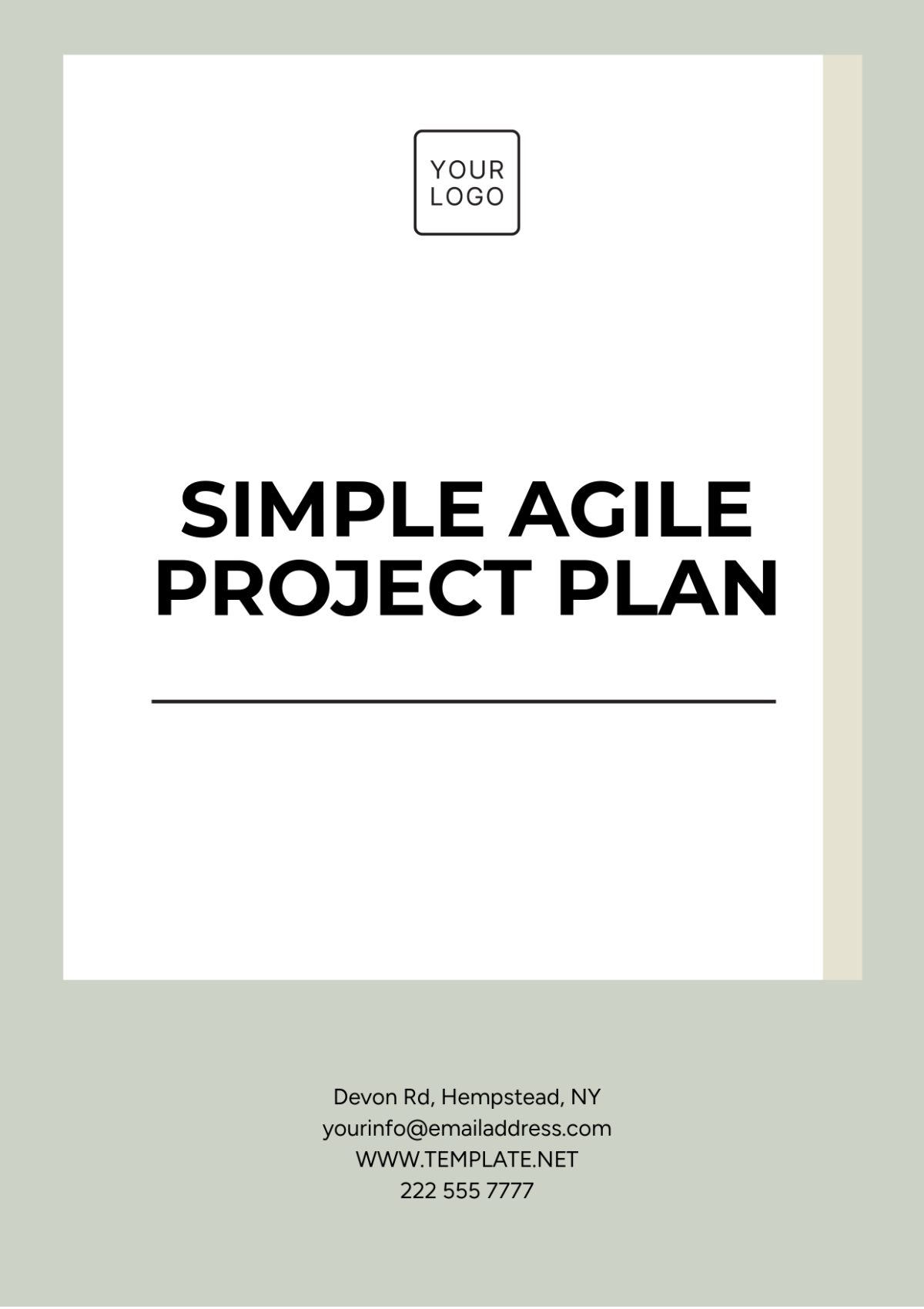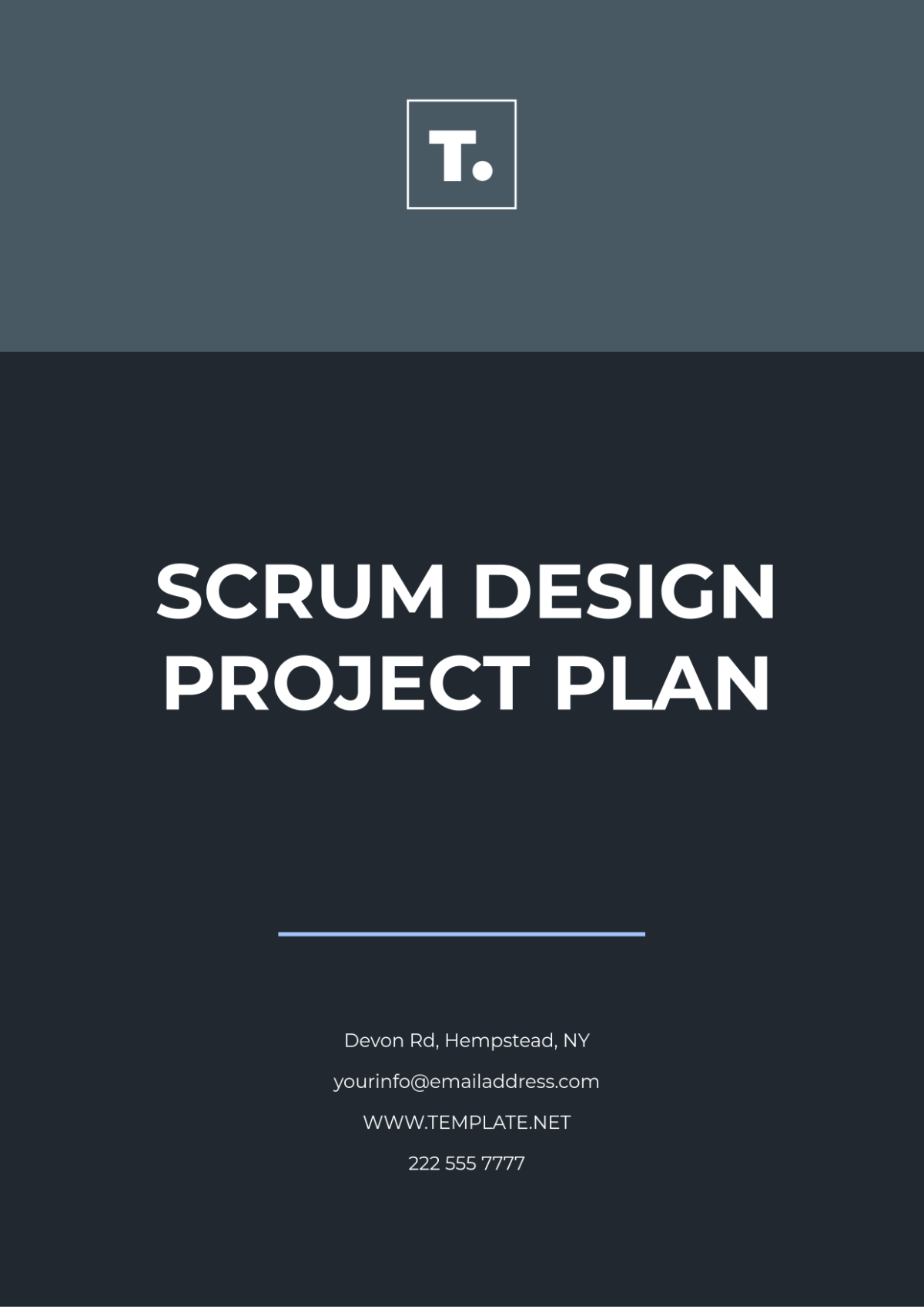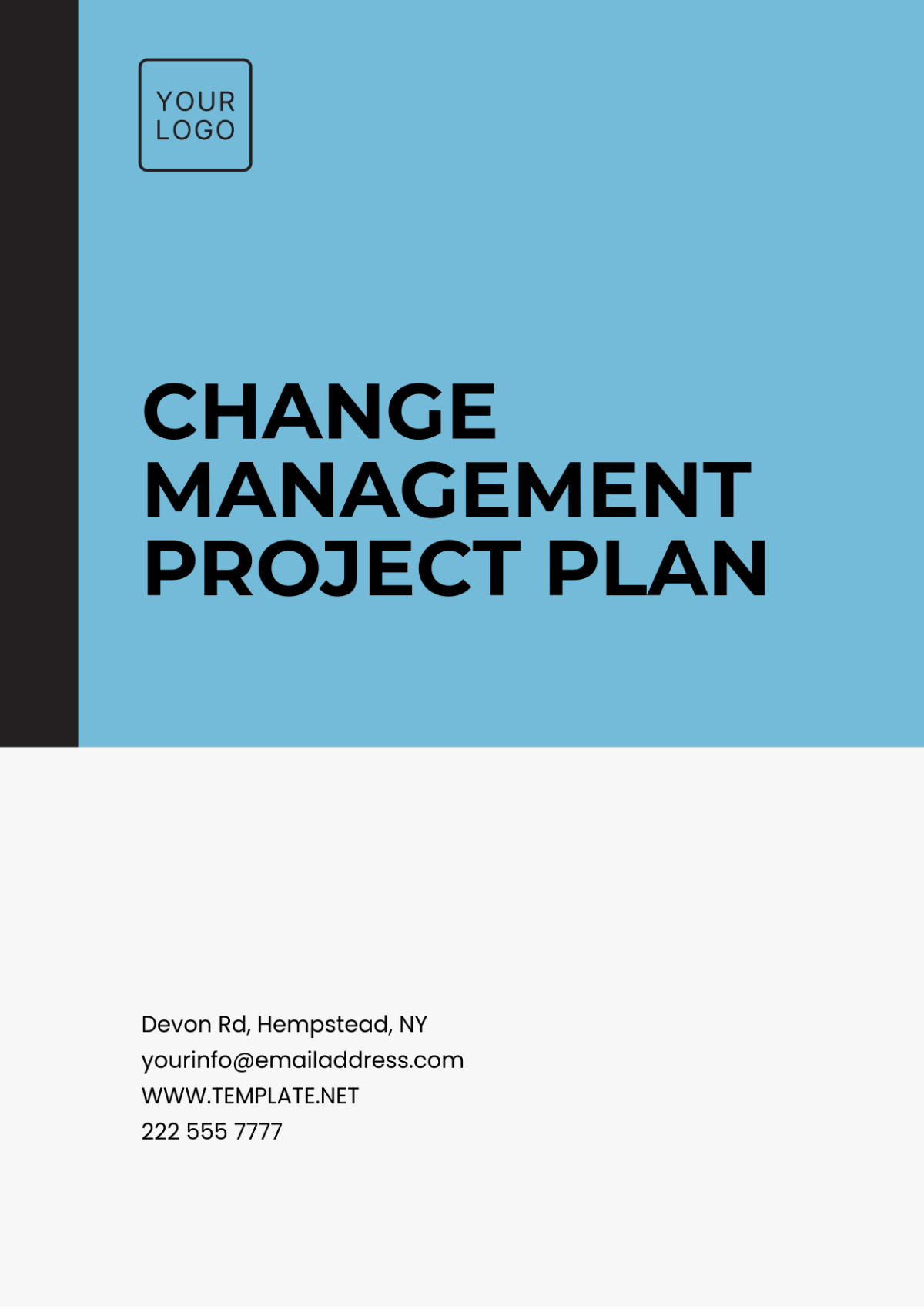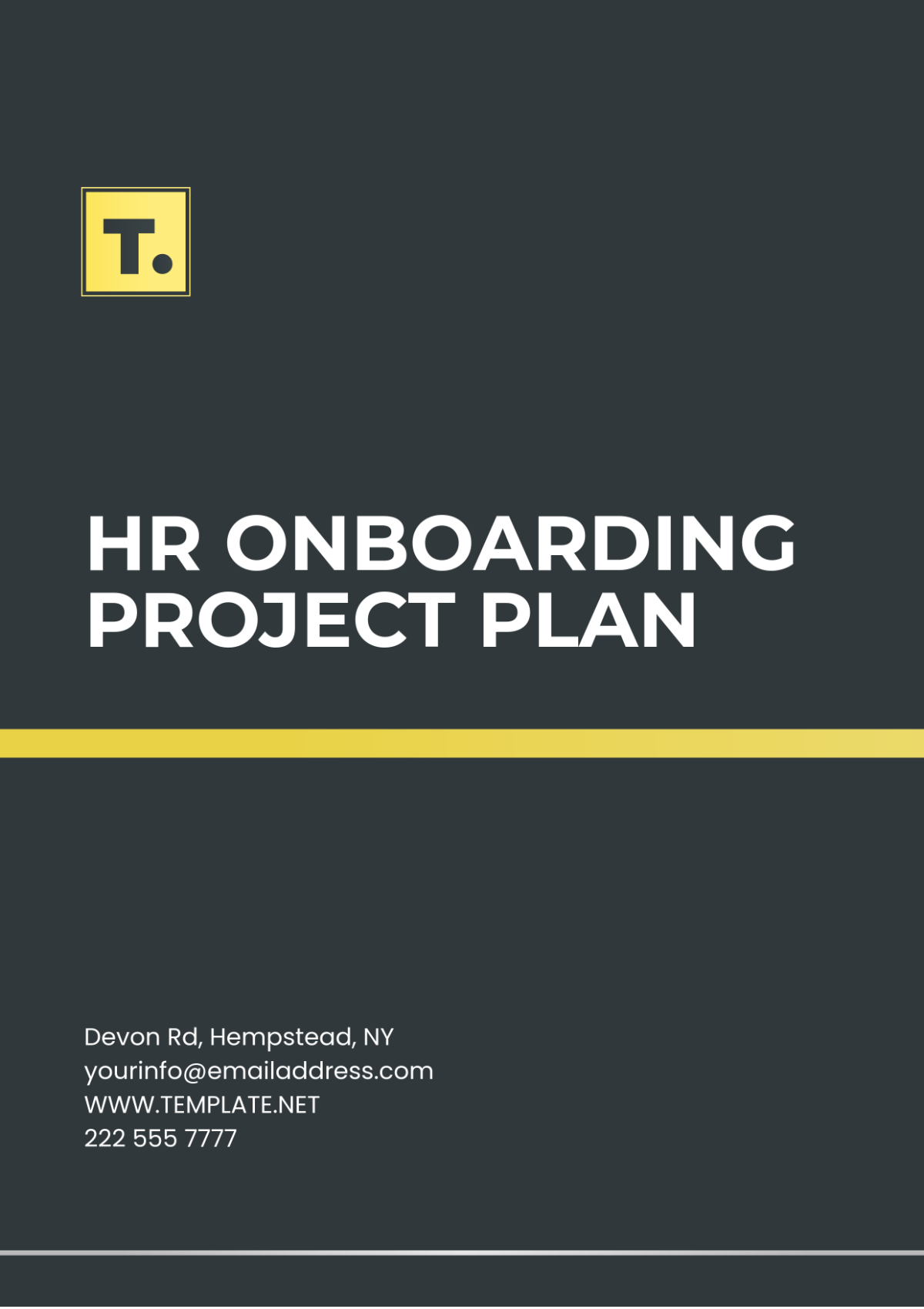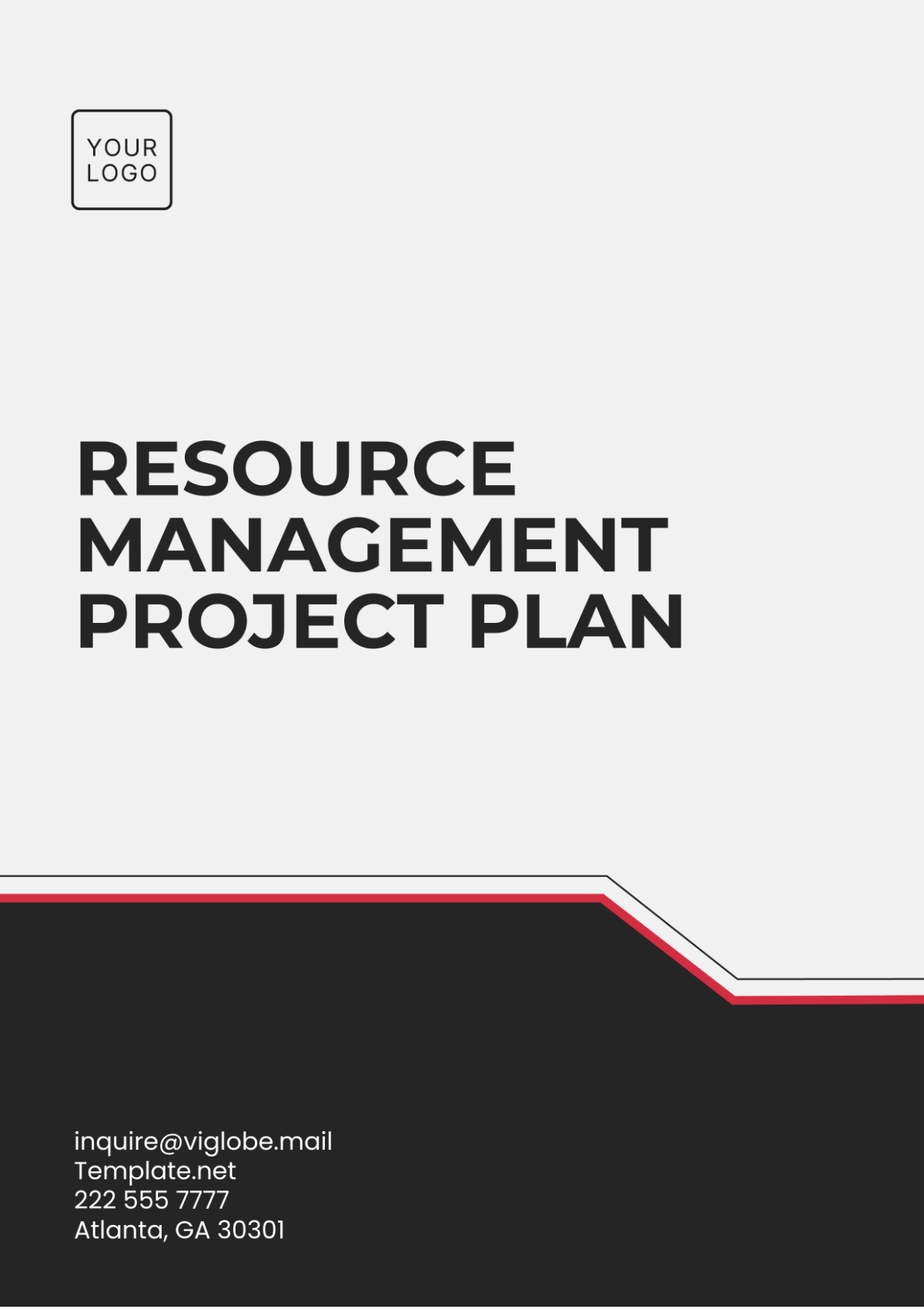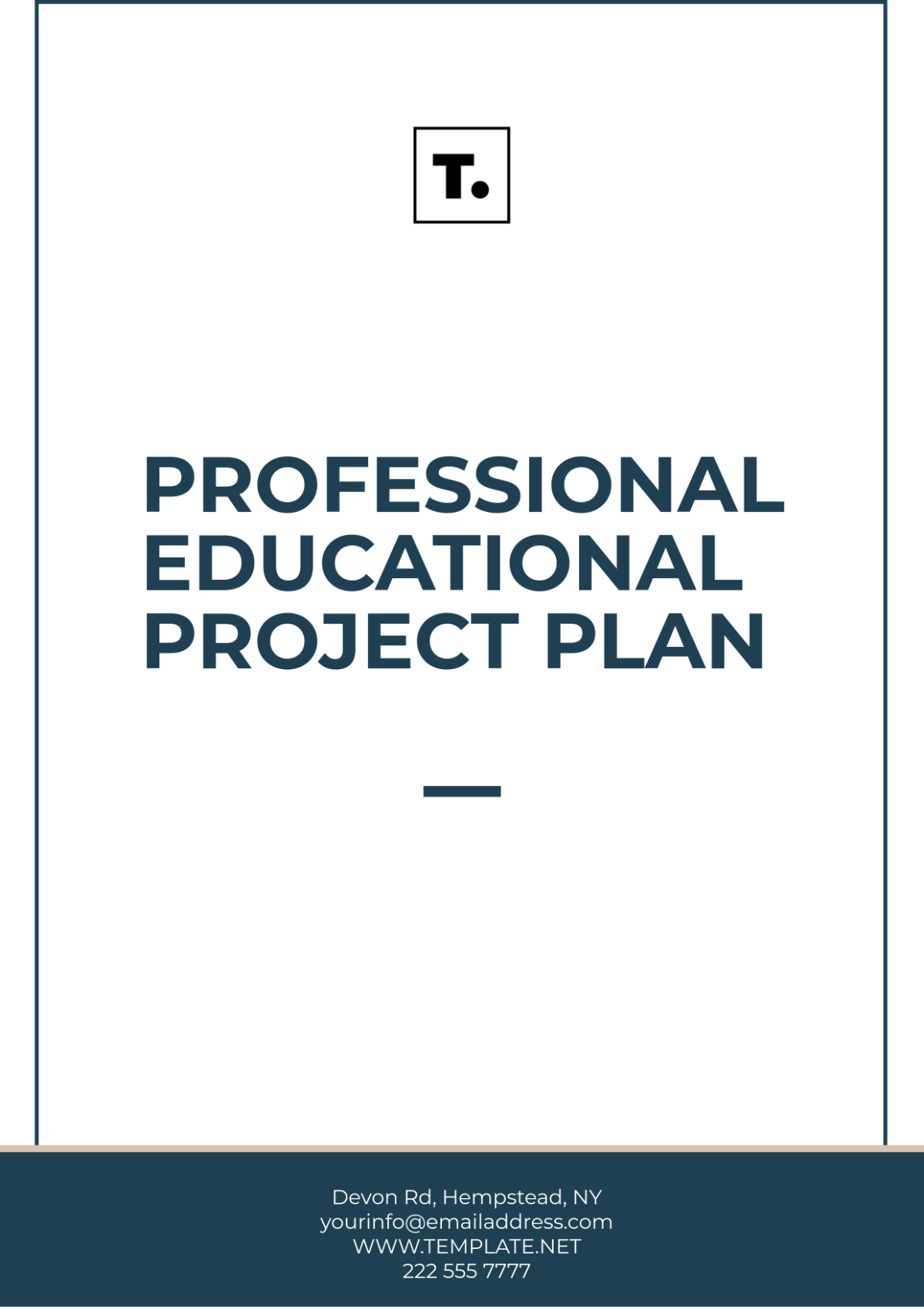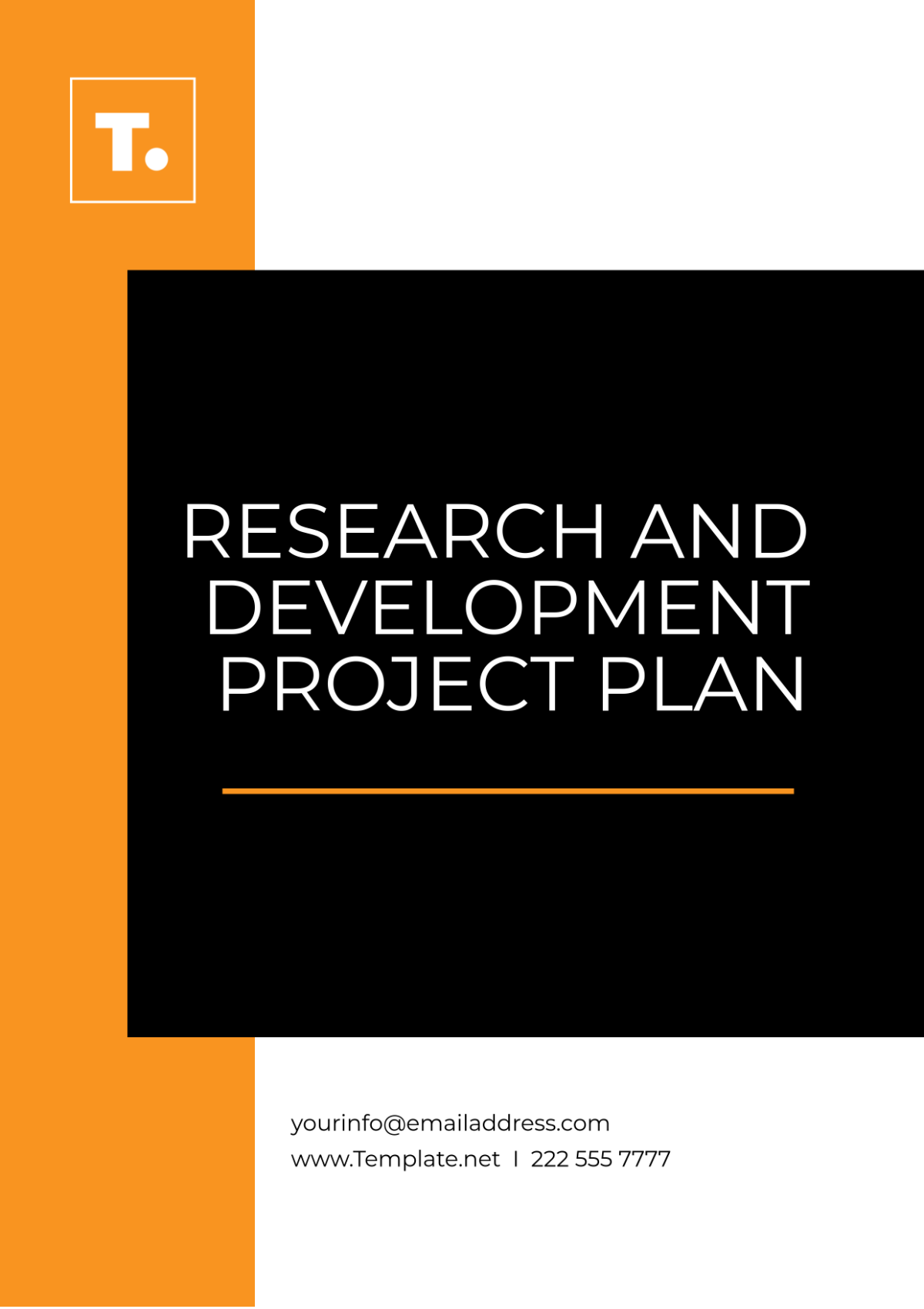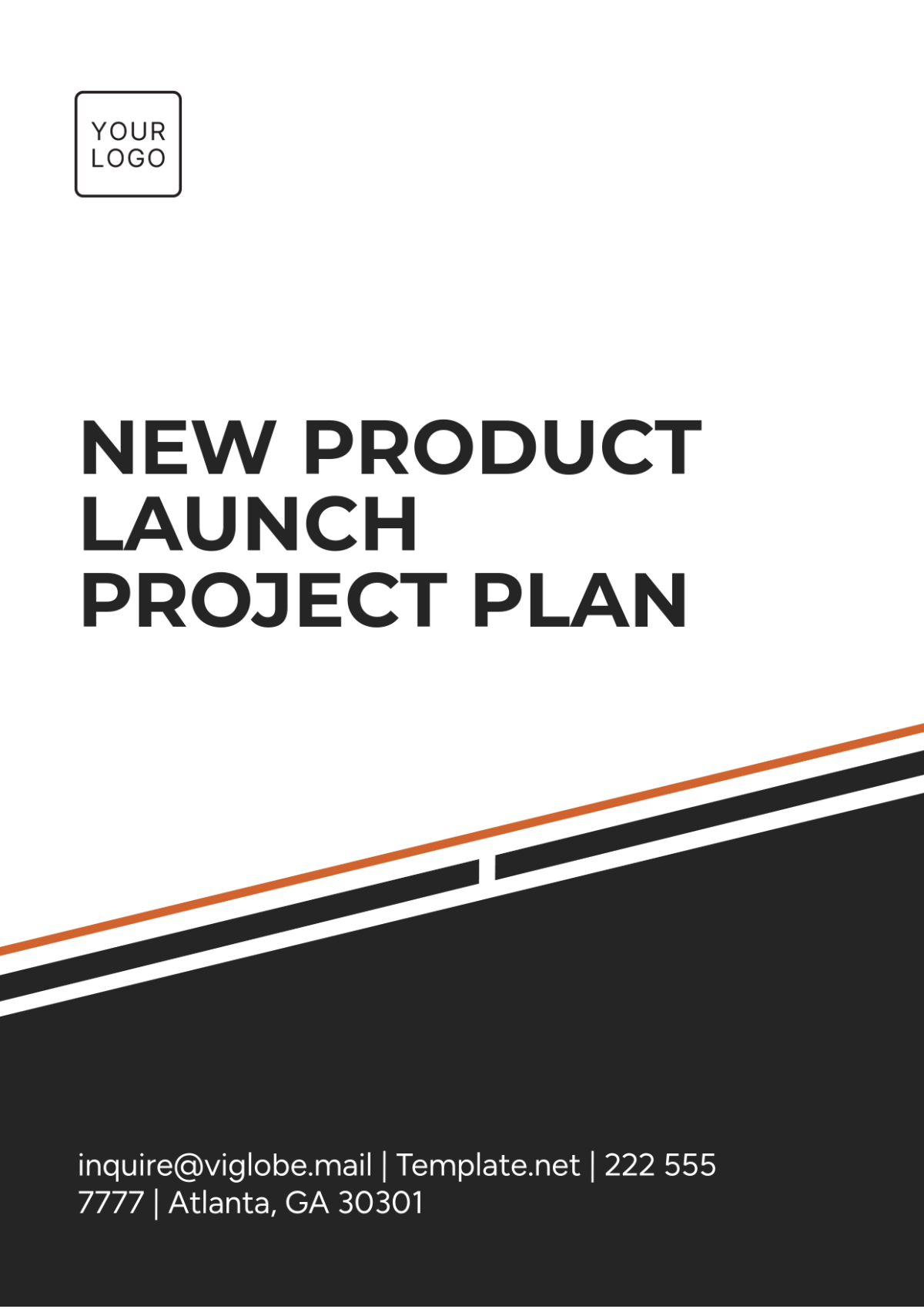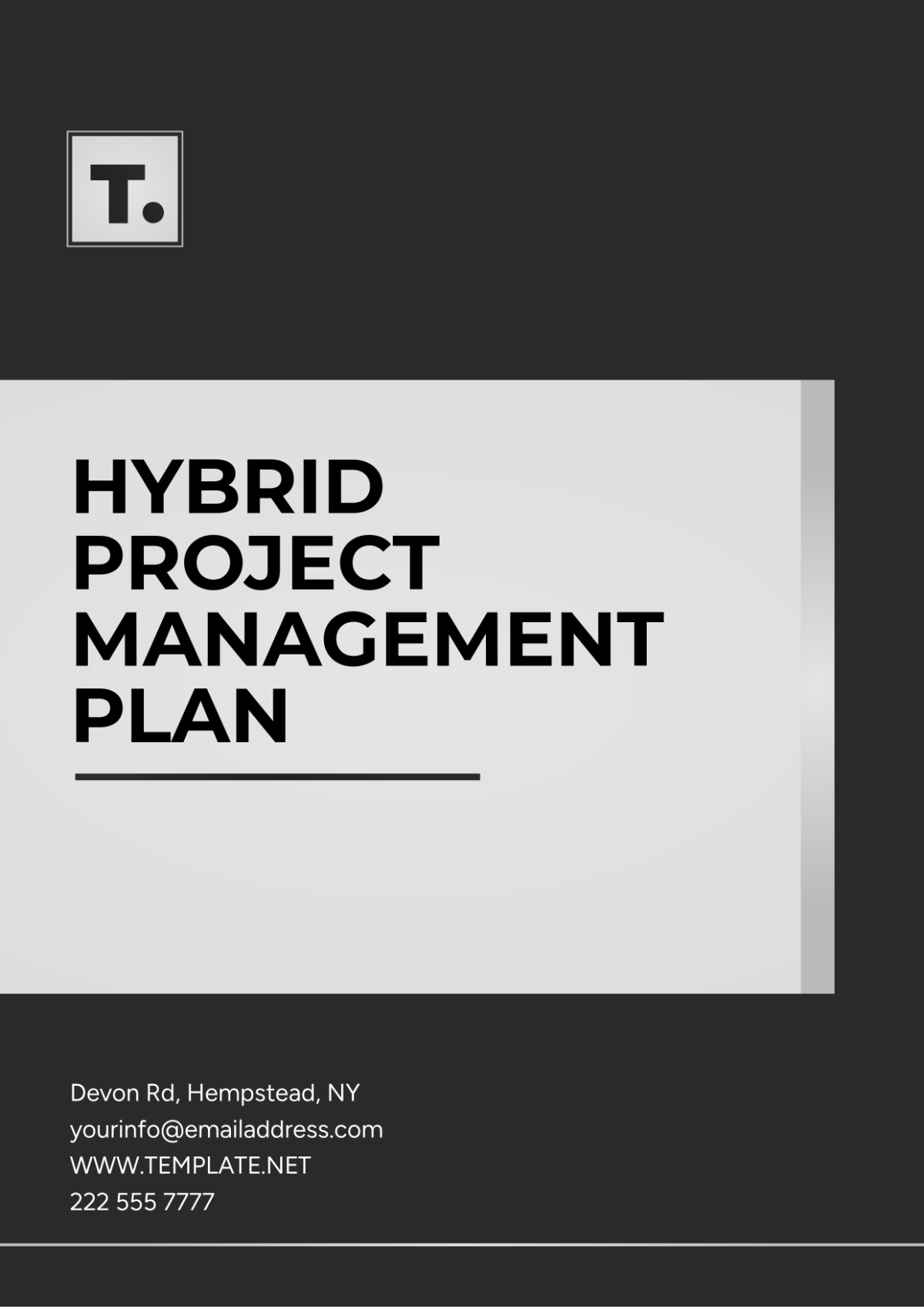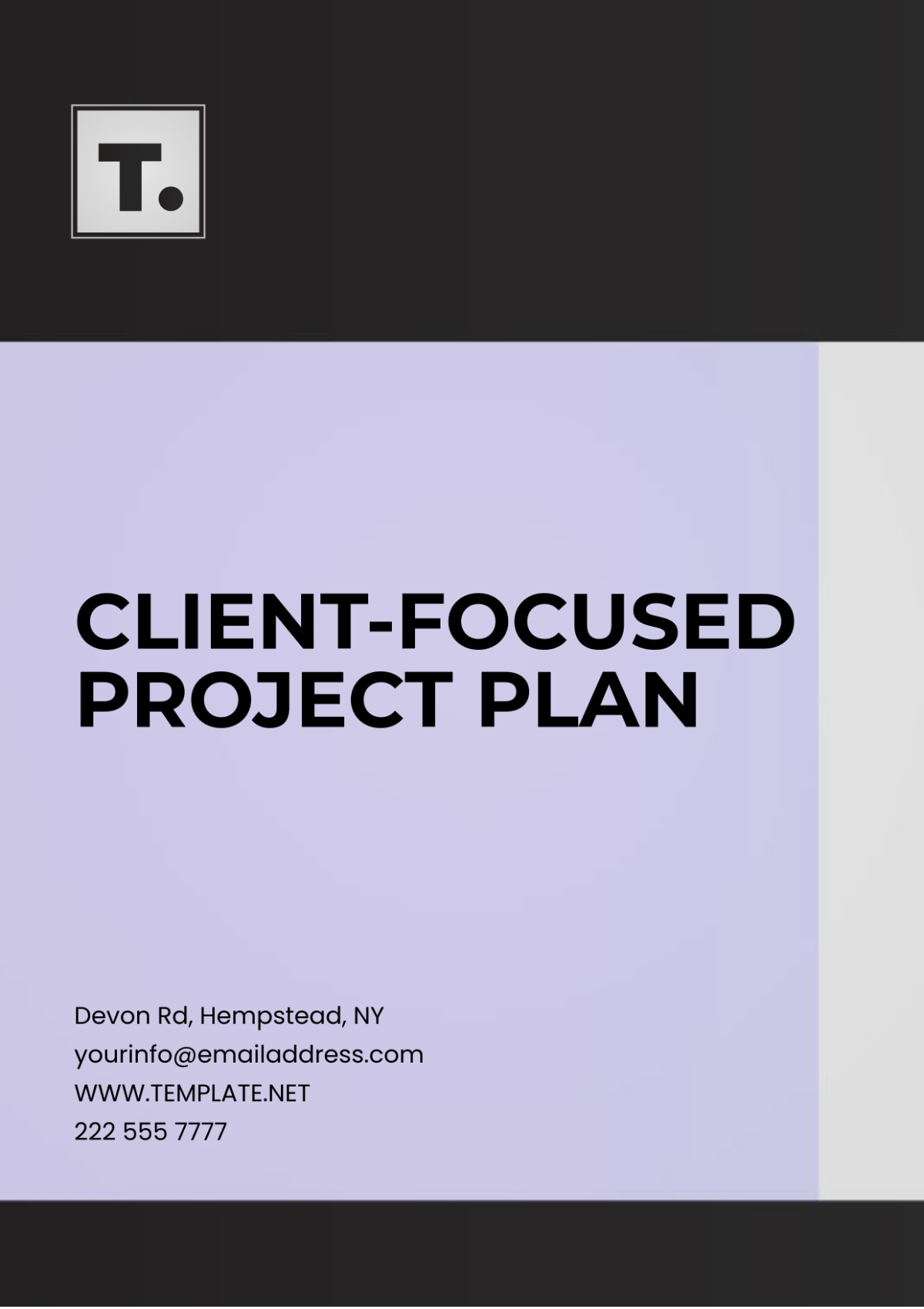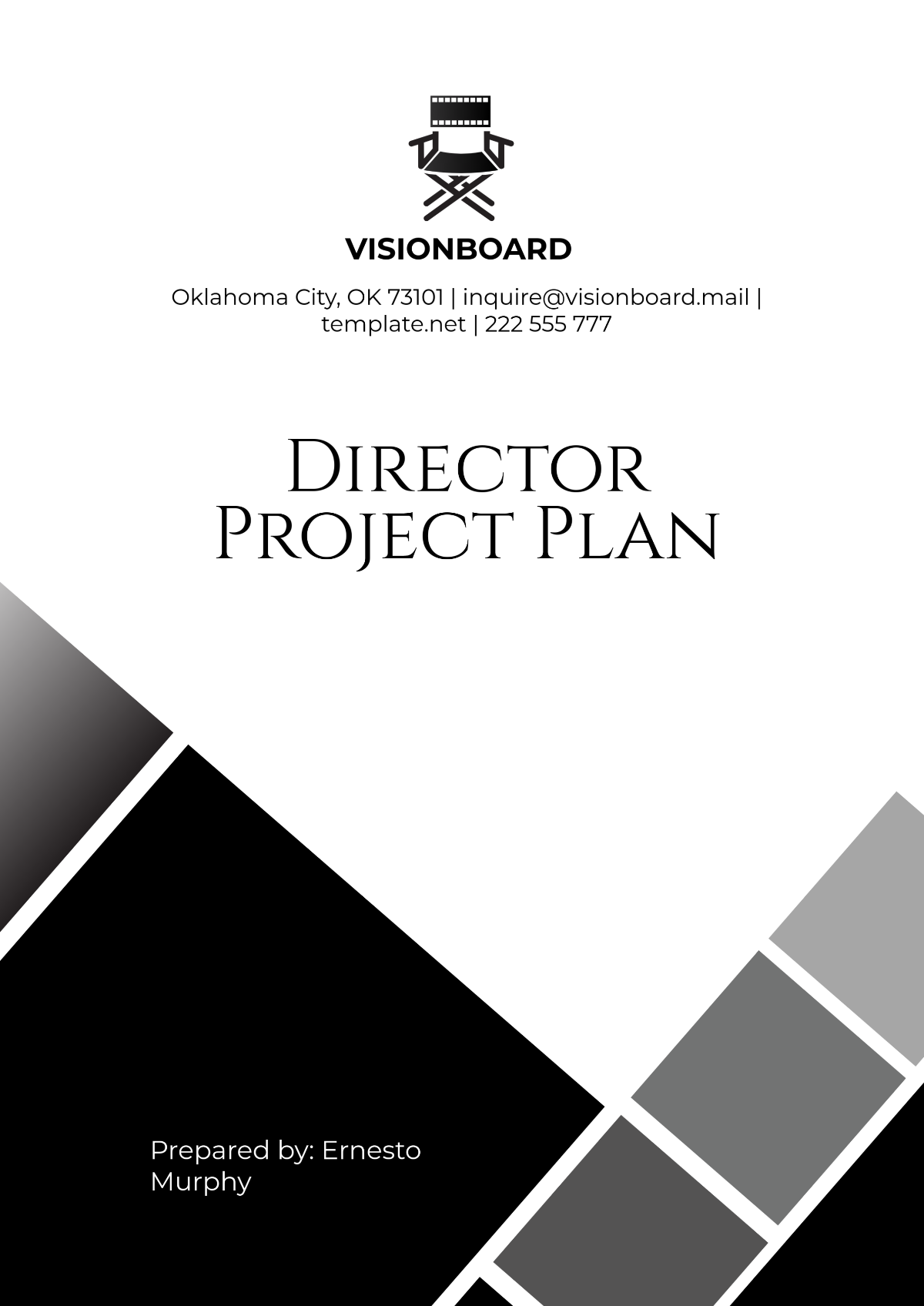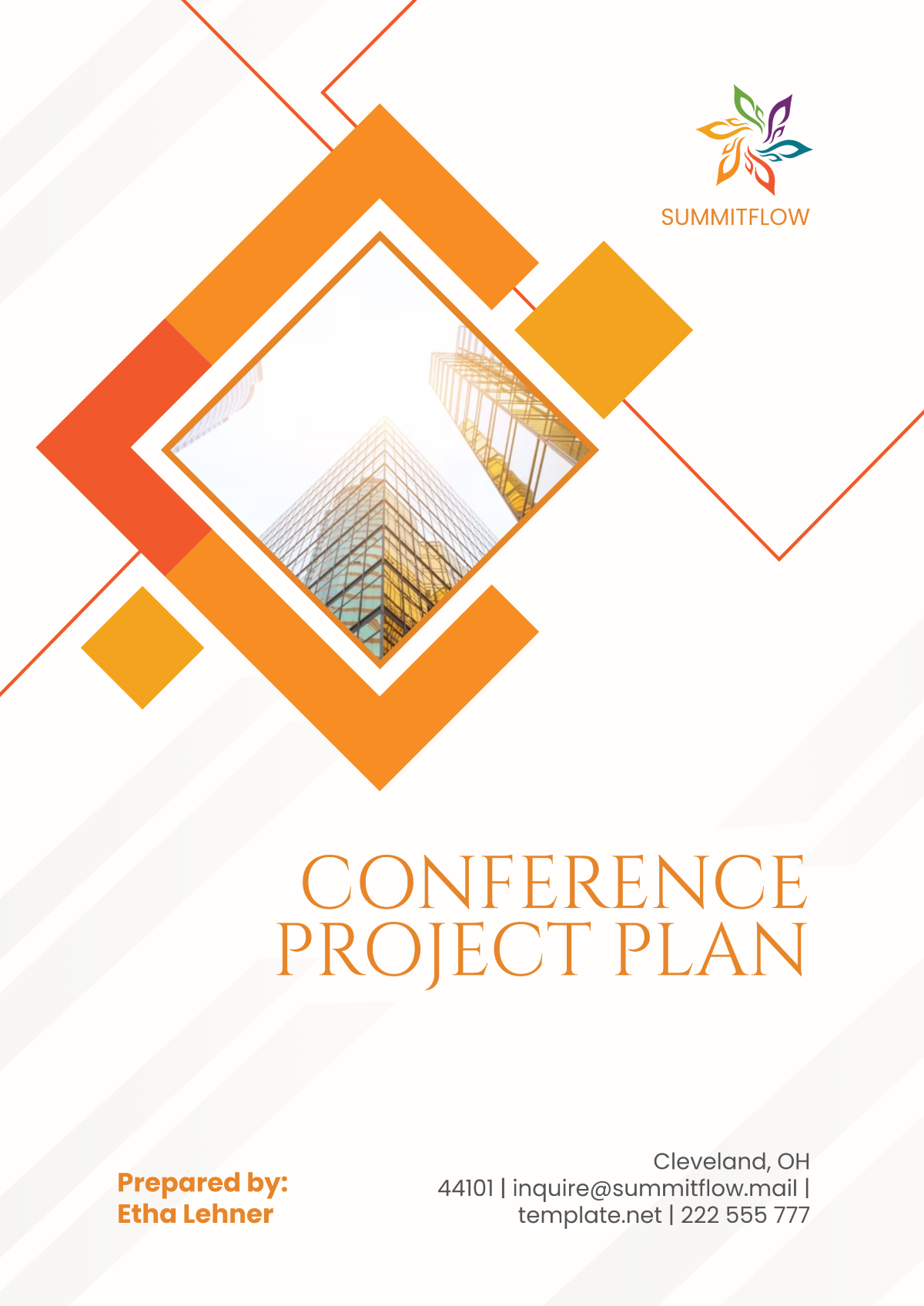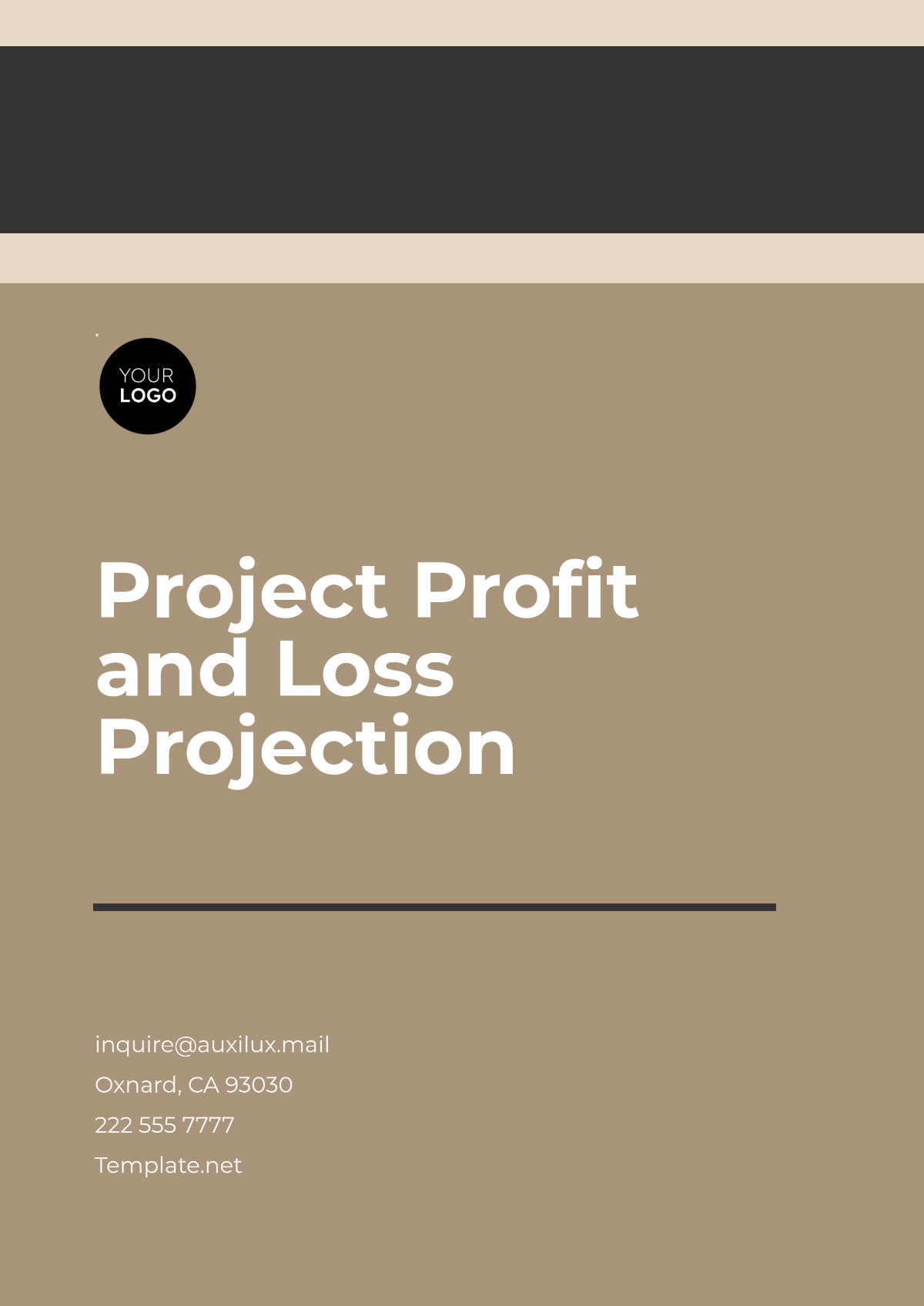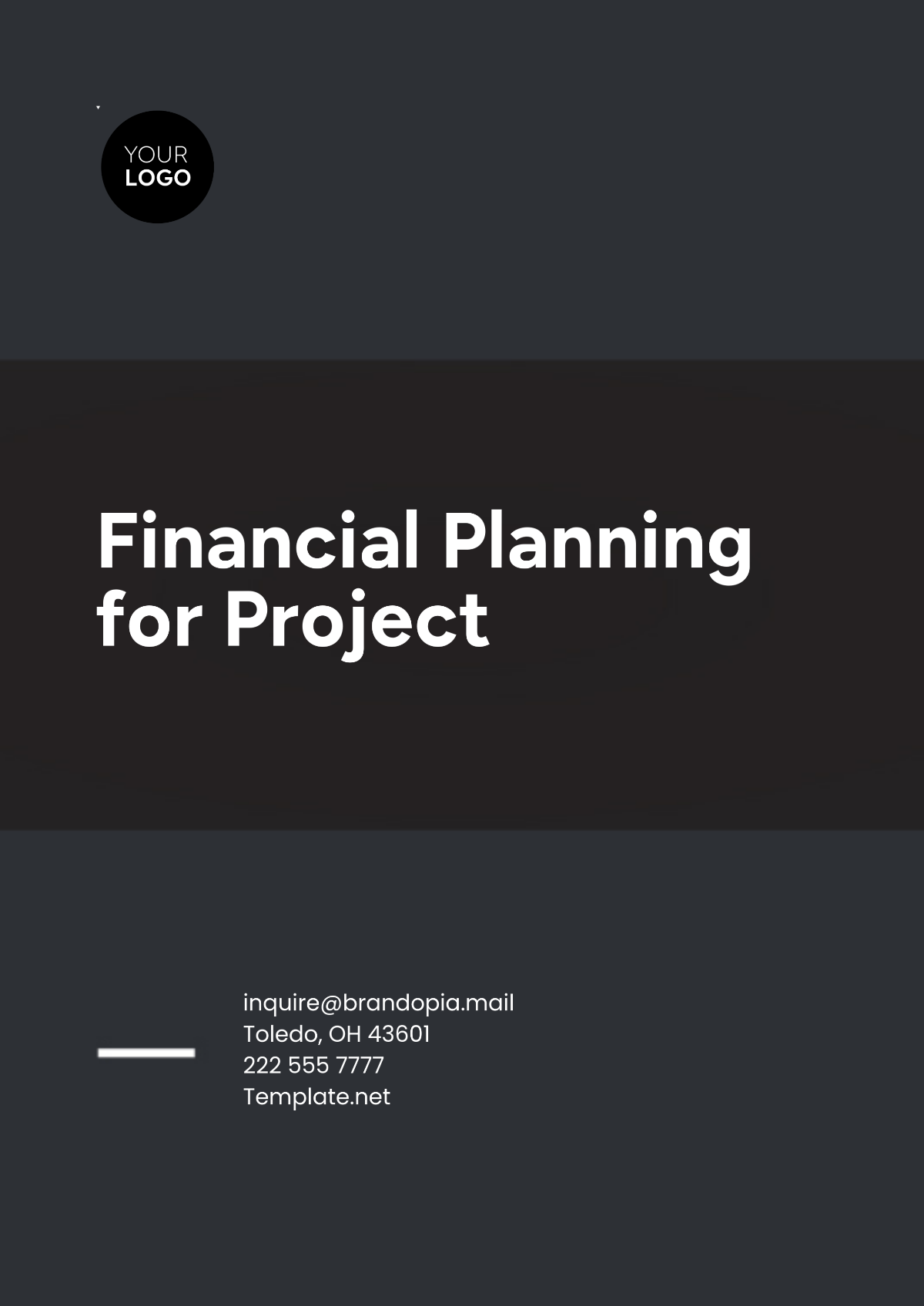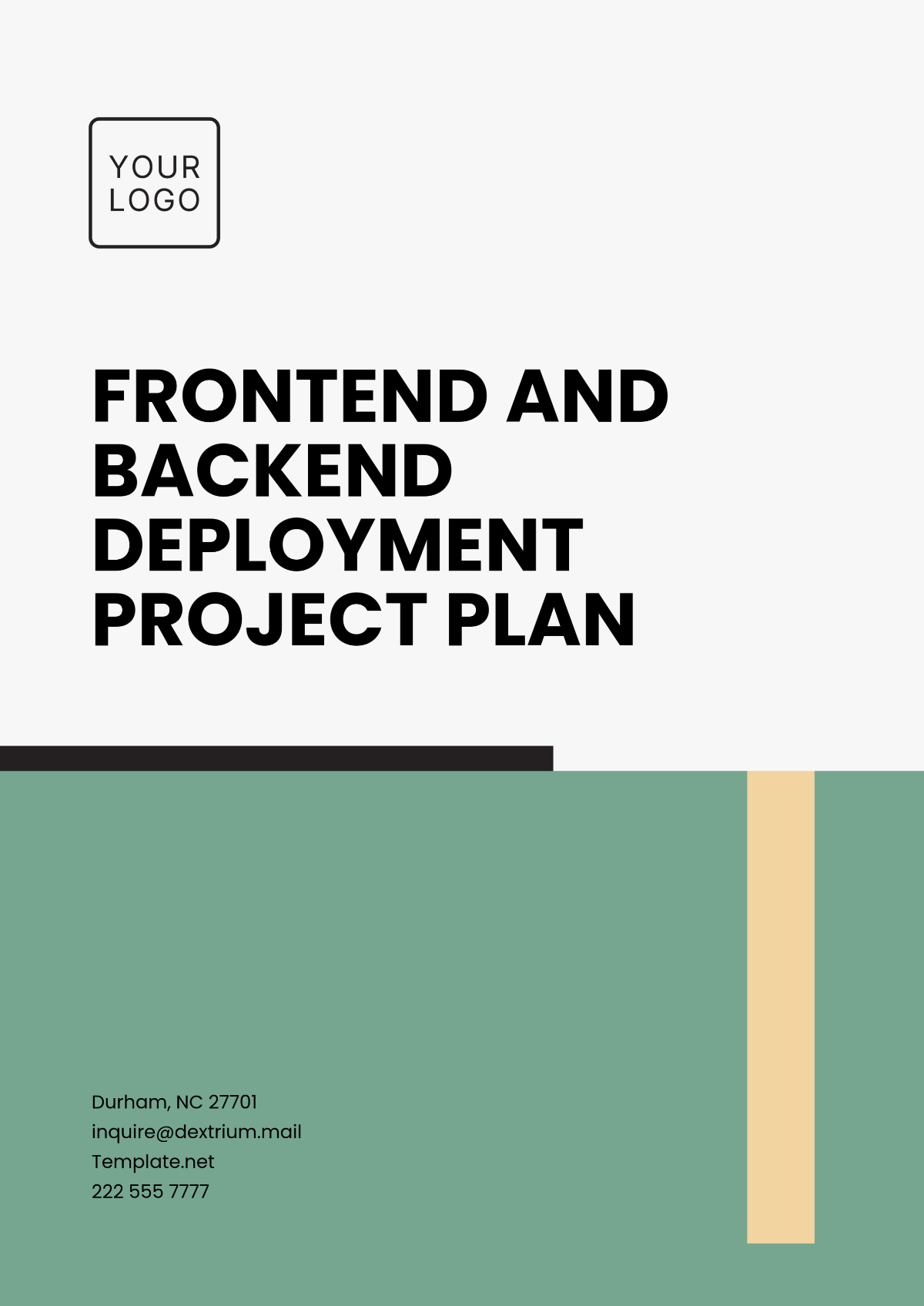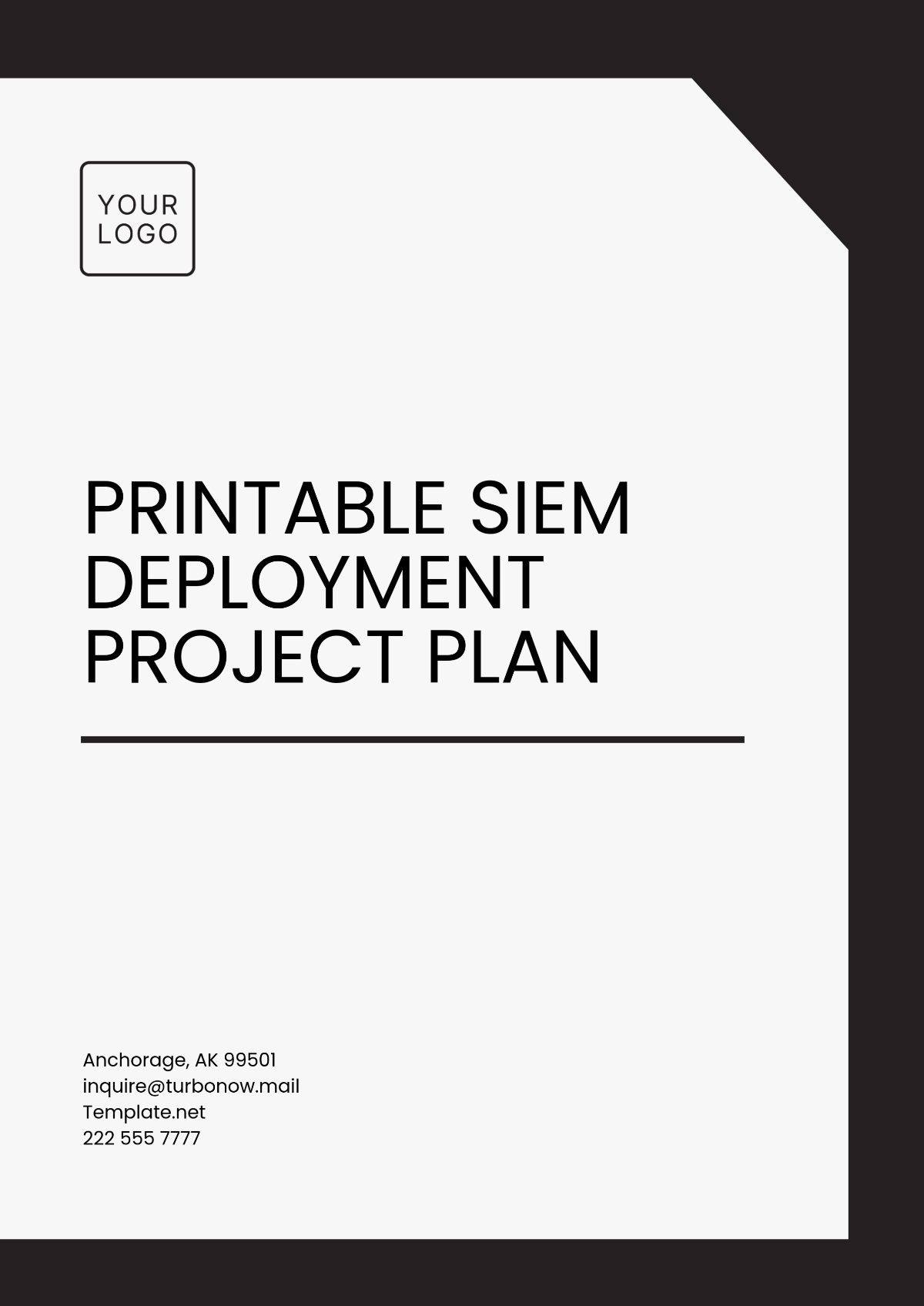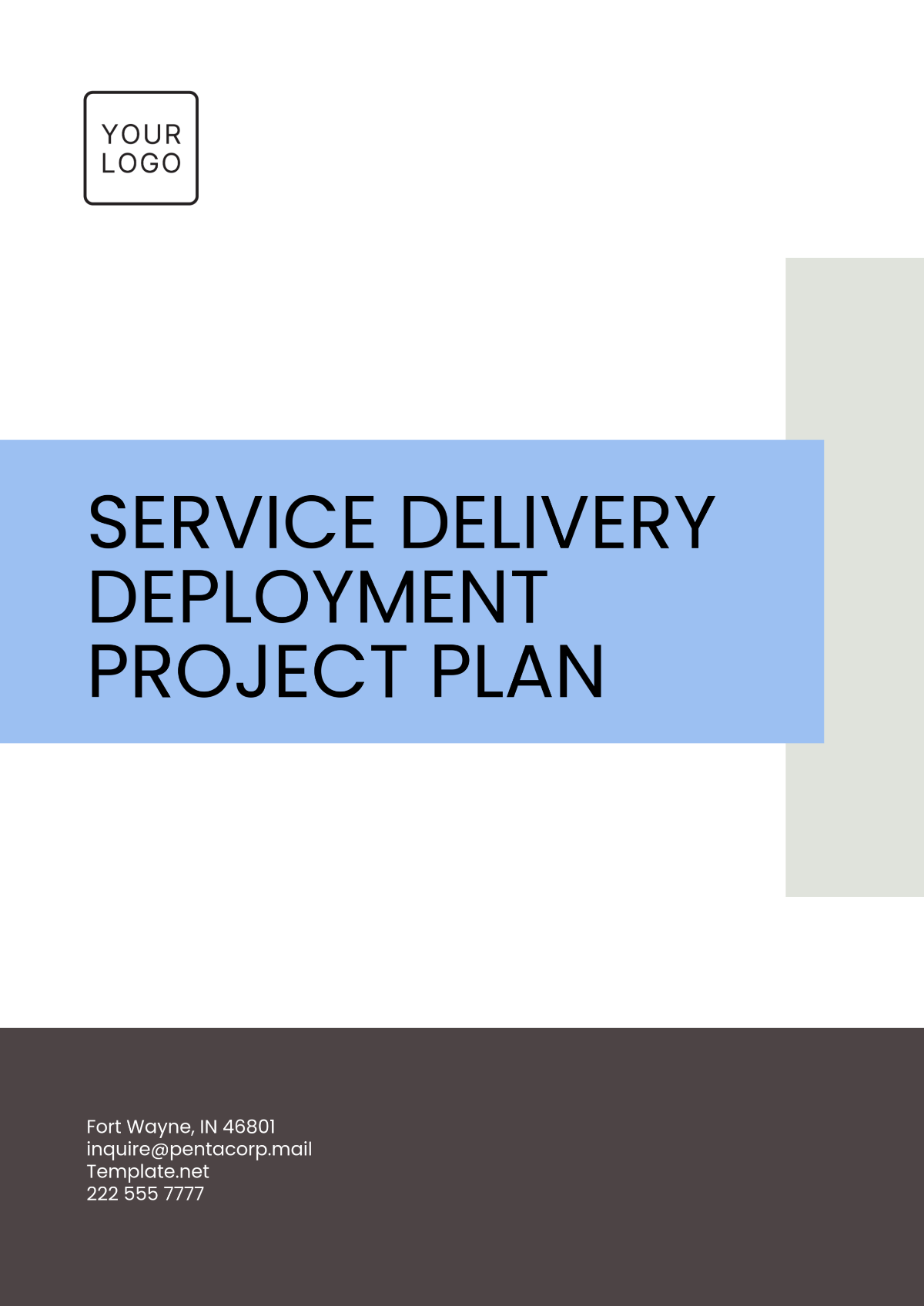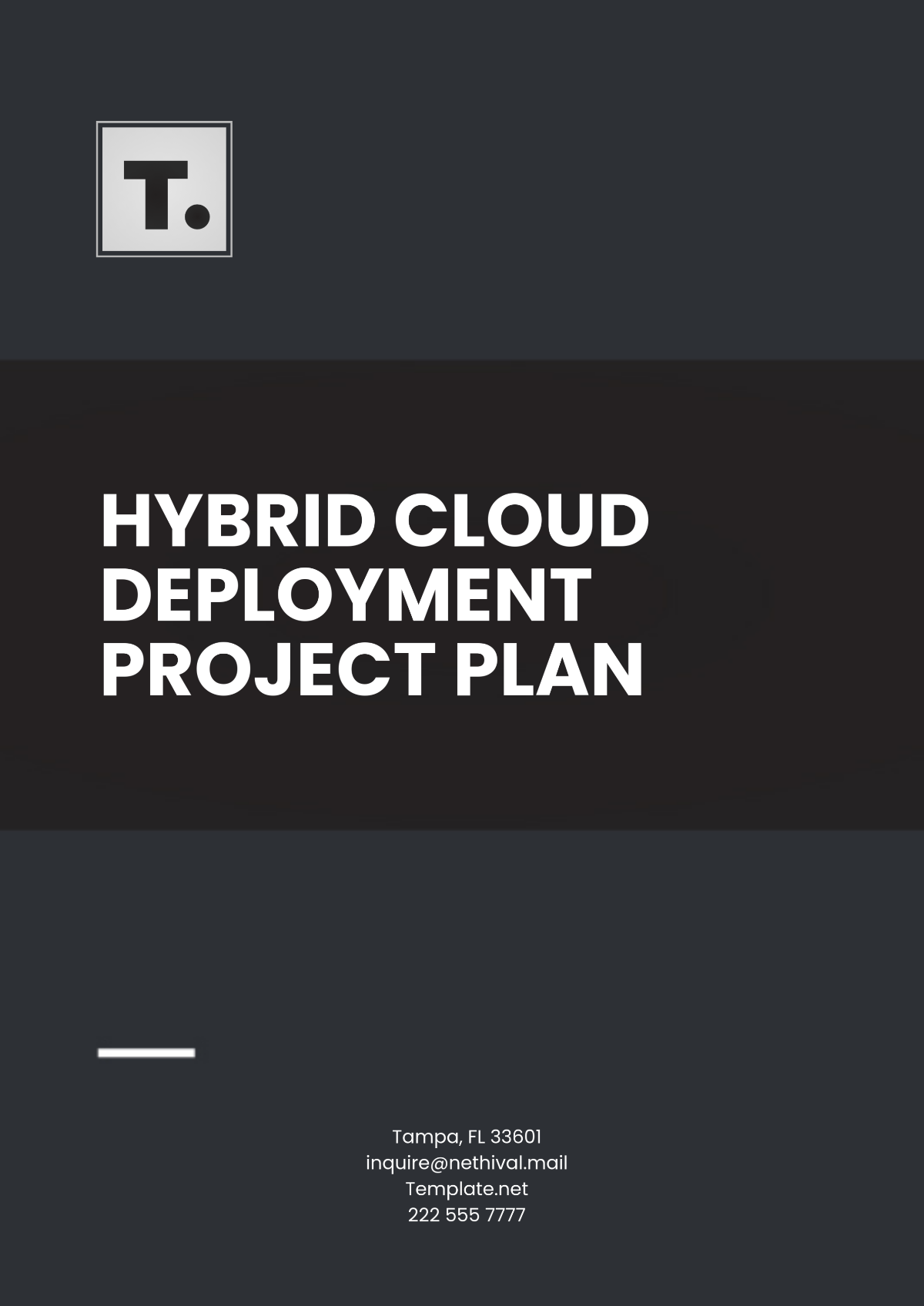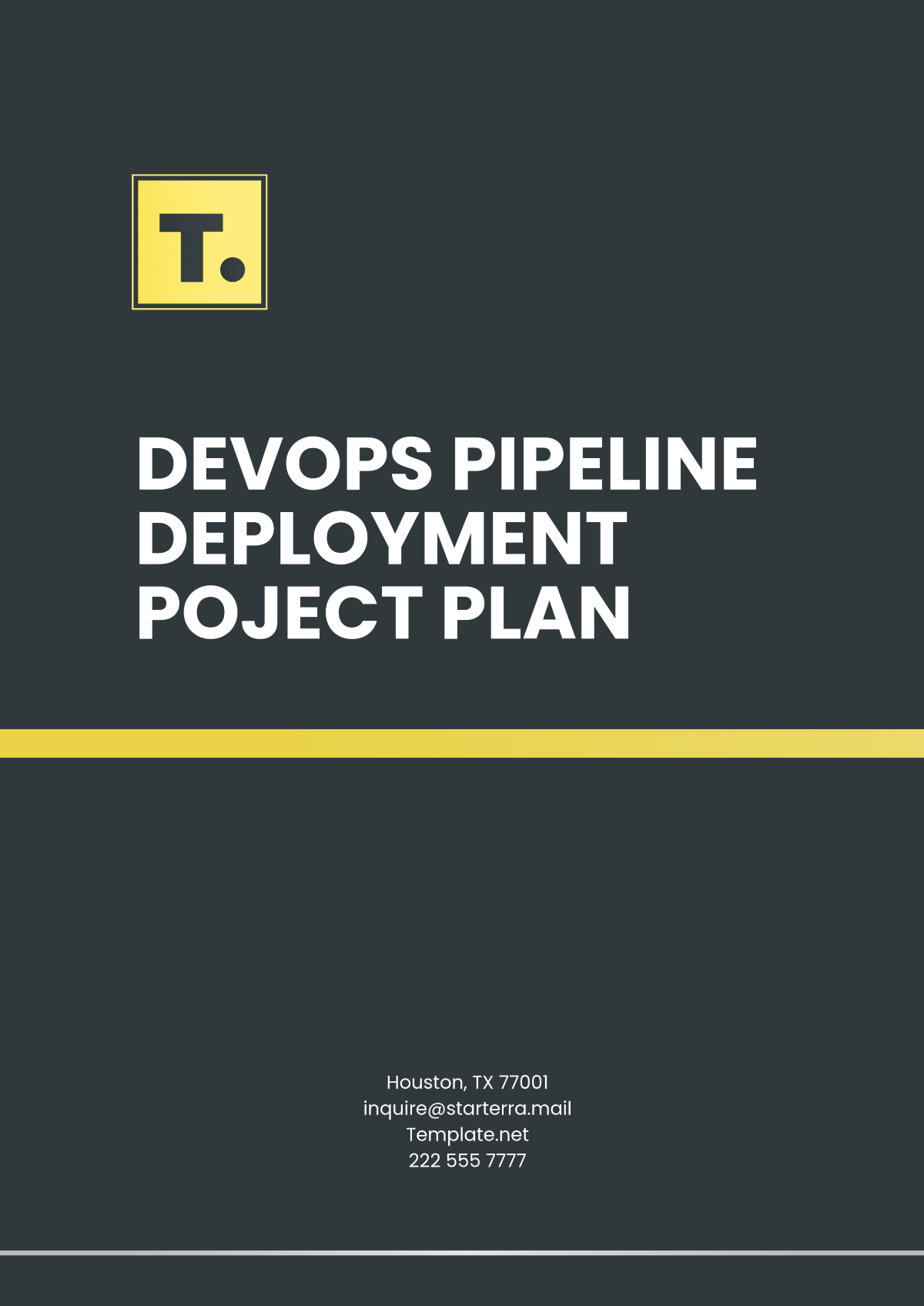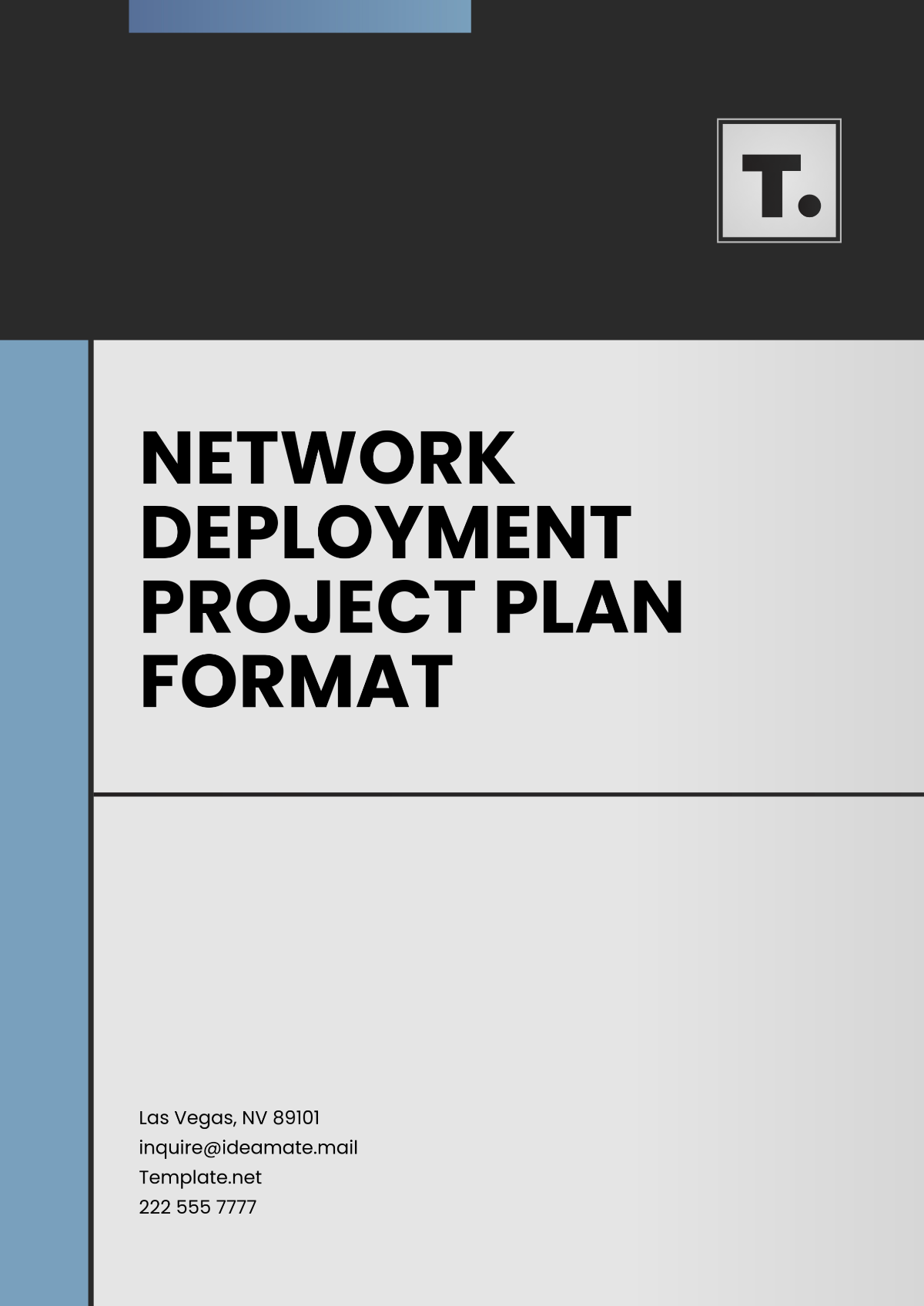Project Planning Methodology
1. Executive Summary
The Project aims to develop an advanced Customer Relationship Management (CRM) system to enhance client engagement and streamline sales processes. The project will improve customer satisfaction, boost sales productivity, and align with our strategic goal of becoming a leader in CRM solutions. Key benefits include increased efficiency in client interactions, better data management, and a competitive edge in the market.
2. Project Objectives
Increase Customer Engagement: Achieve a 30% increase in customer interactions through the new CRM system.
Boost Sales Productivity: Improve sales team productivity by 25% with streamlined processes and automated tasks.
Enhance Data Management: Ensure 95% accuracy in customer data and reduce data entry errors by 50%.
3. Scope Definition
3.1. Project Scope Statement
The project will include the design, development, testing, and implementation of the CRM system. It will cover integration with existing databases and training for staff. Exclusions include post-launch maintenance and support, which will be handled by a separate team.
3.2. Deliverables
Deliverable 1: Functional CRM software with modules for sales, customer service, and analytics.
Deliverable 2: Integration with existing databases and third-party applications.
Deliverable 3: Training materials and sessions for end-users and administrators.
4. Stakeholder Analysis
4.1. Stakeholder Identification
Stakeholder 1: Sales Team - primary users of the CRM system.
Stakeholder 2: IT Department - responsible for system integration and support.
Stakeholder 3: Project Sponsors - executive team overseeing project alignment with strategic goals.
4.2. Stakeholder Engagement Strategy
Sales Team: Weekly updates and feedback sessions to ensure the system meets user needs.
IT Department: Bi-weekly meetings to address technical requirements and integration issues.
Project Sponsors: Monthly status reports highlighting progress, risks, and achievements.
5. Project Planning
5.1. Work Breakdown Structure (WBS)
Task 1: Requirements Gathering
Sub-task 1.1: Conduct stakeholder interviews
Sub-task 1.2: Document requirements and obtain approval
Task 2: Design and Development
Sub-task 2.1: Develop CRM system architecture
Sub-task 2.2: Build and configure system modules
Task 3: Testing
Sub-task 3.1: Perform unit testing and bug fixes
Sub-task 3.2: Conduct user acceptance testing
Task 4: Implementation
Sub-task 4.1: Deploy the system to the production environment
Sub-task 4.2: Conduct user training sessions
5.2. Schedule Development
Start Date: January 15, 2050
End Date: August 15, 2050
Milestones:
Requirements Gathering Complete: February 15, 2050
Design Phase Complete: April 15, 2050
Testing Phase Complete: June 30, 2050
System Go-Live: August 1, 2050
5.3. Resource Planning
People: Project Manager, Software Developers, QA Testers, IT Support, Training Specialists
Equipment: Development servers, testing environments
Materials: Software licenses, development tools
5.4. Budget Estimation
Development Costs: $150,000
Integration Costs: $50,000
Training Costs: $20,000
Total Budget: $220,000
Budget Monitoring: Monthly reviews and adjustments as necessary
6. Risk Management
6.1. Risk Identification
Risk 1: Delays in requirements gathering due to stakeholder availability
Risk 2: Integration issues with existing systems
Risk 3: Resistance to change from end-users
6.2. Risk Analysis
Risk 1: Likelihood: High, Impact: Medium
Risk 2: Likelihood: Medium, Impact: High
Risk 3: Likelihood: Medium, Impact: High
6.3. Risk Response Planning
Risk 1: Develop a detailed project schedule with buffer times and conduct regular follow-ups with stakeholders.
Risk 2: Engage the IT team early in the planning phase to address integration challenges.
Risk 3: Implement a comprehensive change management plan with clear communication and support resources.
7. Quality Management
7.1. Quality Assurance
Implement process improvements and adhere to coding standards throughout the development phase.
Conduct regular code reviews and ensure compliance with quality benchmarks.
7.2. Quality Control
Perform rigorous testing, including unit tests, system integration tests, and user acceptance tests, to ensure the CRM system meets quality standards.
8. Communication Plan
Methods: Email updates, project management software, meetings
Frequency: Weekly updates for the project team, bi-weekly updates for stakeholders
Responsible Parties: The Project Manager will oversee communication and ensure the timely dissemination of information.
9. Monitoring and Controlling
9.1. Performance Reporting
Provide weekly progress reports detailing accomplishments, upcoming tasks, and any issues or delays.
9.2. Change Control
Implement a formal change control process to evaluate, approve, and document any changes to the project scope, schedule, or budget.
10. Project Closure
10.1. Final Deliverable Handover
Ensure that all CRM system components are completed, validated, and handed over to the end-users and IT support team.
10.2. Project Evaluation
Conduct a thorough post-project review meeting to evaluate the project’s success against objectives and gather feedback for future improvements.
10.3. Documentation
Compile and archive all project documentation, including design documents, testing reports, and training materials, to create a comprehensive final project record.
